Samsung The Frame 2025 is a TV unlike any other – and even though competition has emerged for it, it still does it best. The matte display, flush mounting to the wall, and one thin cable thanks to the One Connect module make the device look more like a painting than any other screen. The Art Store app still offers the best scanned artwork on the market (even if it's subscription-based), and with interchangeable frames, we can adapt the TV to the interior almost like a piece of furniture. As for the image itself, because we are also talking about a regular TV, there are no significant changes, but also no disappointments compared to last year's model LS03D. The Frame still offers high native contrast and solid brightness at 600 nits, which combined with the matte coating provides very comfortable use during the day. The colors are not as vibrant as on glossy screens, but against the backdrop of competing matte constructions – it performs the best. A novelty is the 144 Hz refresh rate, though in practice, mainly PC gamers will benefit from it. And indeed – in terms of features for gamers, The Frame has almost everything: low input lag, variable refresh rate (VRR) support, automatic game mode (ALLM), Game Bar, and a unique motion smoother designed for gaming. Unfortunately, not everything is as perfect as it might seem. Why? Because the HGiG mode is suddenly missing from the latest version of the Tizen system. And here Samsung really should respond, as for many gamers this is a crucial element of screen selection. And we fully understand that. Although LS03F The Frame 2025 doesn’t bring major revolutions, it is still a unique TV that, apart from its appearance, offers quite a solid picture and extensive gaming features. It’s just a shame that year after year we also encounter new compromises.
- Matching (Score)
- Our verdict
- TV appearance
- Where to buy
- Contrast and black detail
- HDR effect quality
- Factory color reproduction
- Color reproduction after calibration
- Smoothness of tonal transitions
- Image scaling and smoothness of tonal transitions
- Blur and motion smoothness
- Console compatibility and gaming features
- Input lag
- Compatibility with PC
- Viewing angles
- TV efficiency during daytime
- Details about the matrix
- TV features
- Apps
- Playing files from USB
- Sound
Samsung The Frame 2025 (LS03F) vs Philips OLED820
Direct compare
Check the best price offer:
Samsung The Frame 2025 (LS03F)The Frame / LS03FAU

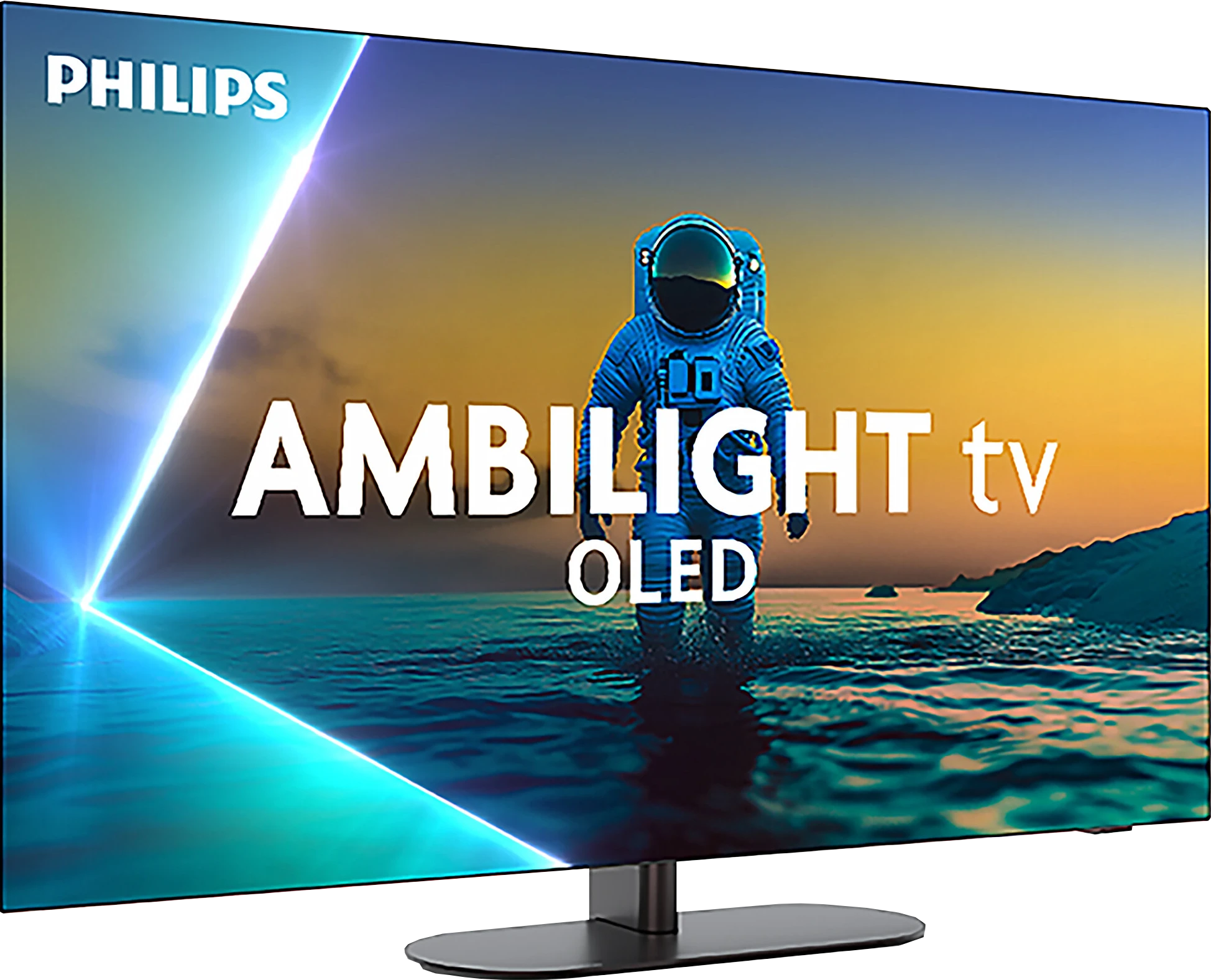
Panel type: LCD VA
Resolution: 3840x2160
System: Tizen
Model year: 2025
Complete the survey to find out the result

Panel type: WRGB OLED
Resolution: 3810x2160
System: Google TV
Model year: 2025
Complete the survey to find out the result

Overall rating
7.0
8.0
Movies and series in UHD quality
6.8
8.3
Classic TV, YouTube
6.5
8.6
Sports broadcasts (TV and apps)
6.4
8.5
Gaming on console
8.4
9.4
TV as a computer monitor
8.2
6.5
Watching in bright light
6.3
5.7
Utility functions
7.2
6.8
Apps
8.7
9.6
Sound quality
6.0
7.7
Complete the survey to find out what fits your preferences
Advantages
The matte display effectively reduces reflections
Customization options for the screen with interchangeable frames + art mode
Free accessories in the form of a wall mount + OneConnect module
High native contrast
Decent brightness
High refresh rate - 120/144Hz
Lots of features for gamers - VRR, ALLM, Gamebar, proprietary motion smoother working in games
Ideal contrast and black thanks to the WOLED panel
High HDR brightness (up to 1300 nits) and wide coverage of the DCI-P3 color palette (99%)
Support for multiple HDR formats including Dolby Vision and HDR10+
Great motion fluidity, no motion blur, refresh rate up to 144 Hz
Full support for gamers: HDMI 2.1 (2 ports), VRR, ALLM, HGiG, Dolby Vision in games, low input lag
Ambilight, which realistically affects image perception and distinguishes the TV from the competition
GoogleTV system with a huge app base and great voice assistant
Extras in the form of: Backlit remote and rotating stand
Support for Dolby Atmos and DTS:X audio formats
Disadvantages
No HGiG mode – makes it difficult to set HDR accurately on the console.
No DTS support – requires additional equipment for certain films from Blu-ray discs.
Paid image mode
Only two HDMI 2.1 ports (with 2 consoles and a soundbar, we are forced to "juggle" the cables)
Lack of many classic "TV" features, e.g., USB recording or PiP mode, the infrared remote can be annoying
Slight issues with color matching (much better than last year but far from the competition)
Font readability issues when working with PC (lack of full Chroma 4:4:4 support)
Our verdict
The Philips OLED820 is a very successful and significant step forward compared to last year's model, the OLED 819. For many people, the main reason for purchasing it will, of course, be Ambilight: the multi-colored lighting system that sets Philips TVs apart from the competition. It’s no surprise, as it made a huge impression on us as well. It's not just an impressive gadget, but a real addition that can change the perception of the content being watched and add depth to it. However, Ambilight should not overshadow what the OLED820 offers as a screen. Here we have almost infinite contrast, high brightness in HDR films, and excellent color reproduction, which improves even more after slight tweaking or professional calibration. This setup guarantees one of the best pictures available on the market today, and we are also aware that the TV offers something unique and unprecedented elsewhere. It is also equipment that works well for gaming. A 144 Hz panel and HDMI 2.1 ports open up access to the full capabilities of new-generation consoles, and low input lag makes gameplay exceptionally responsive. The operating system also deserves praise – Google TV. This is a much better solution than the proprietary Titan OS found in lower-end Philips models, such as the OLED770. And this is a serious argument for paying extra for this model. A larger app library, a more efficient voice assistant, and fewer system errors contribute to a noticeably better everyday experience. Of course, the Philips OLED 820 is not free from minor shortcomings – some software issues are apparent, and certain features could be better refined. Nevertheless, the overall presentation is very solid. Perhaps the OLED820 is not a revolutionary TV, but it is a very successful and well-balanced option in Philips’ lineup. It combines excellent picture quality, a complete set of features for gamers, and a unique addition in the form of Ambilight. If you’re looking for a solid mid-range OLED that not only offers good picture quality but also something distinctive and exceptional, the OLED820 should be high on your shopping list.
TV appearance
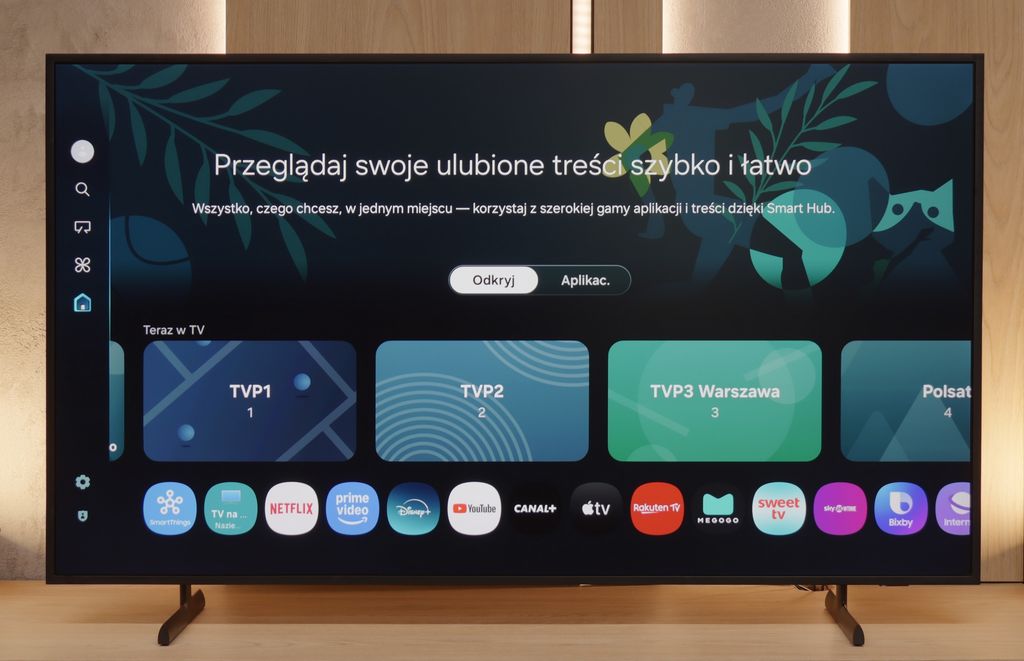
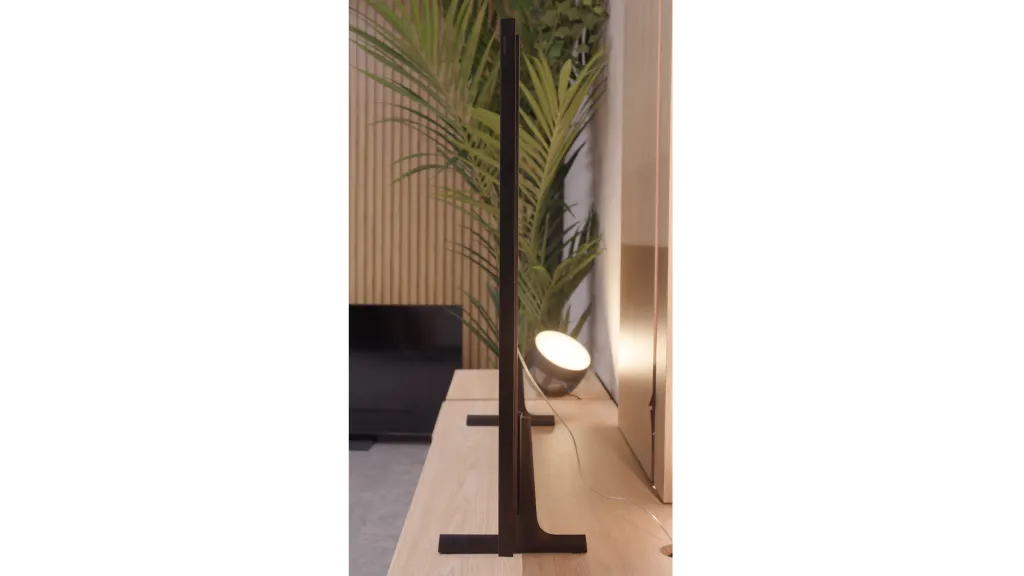
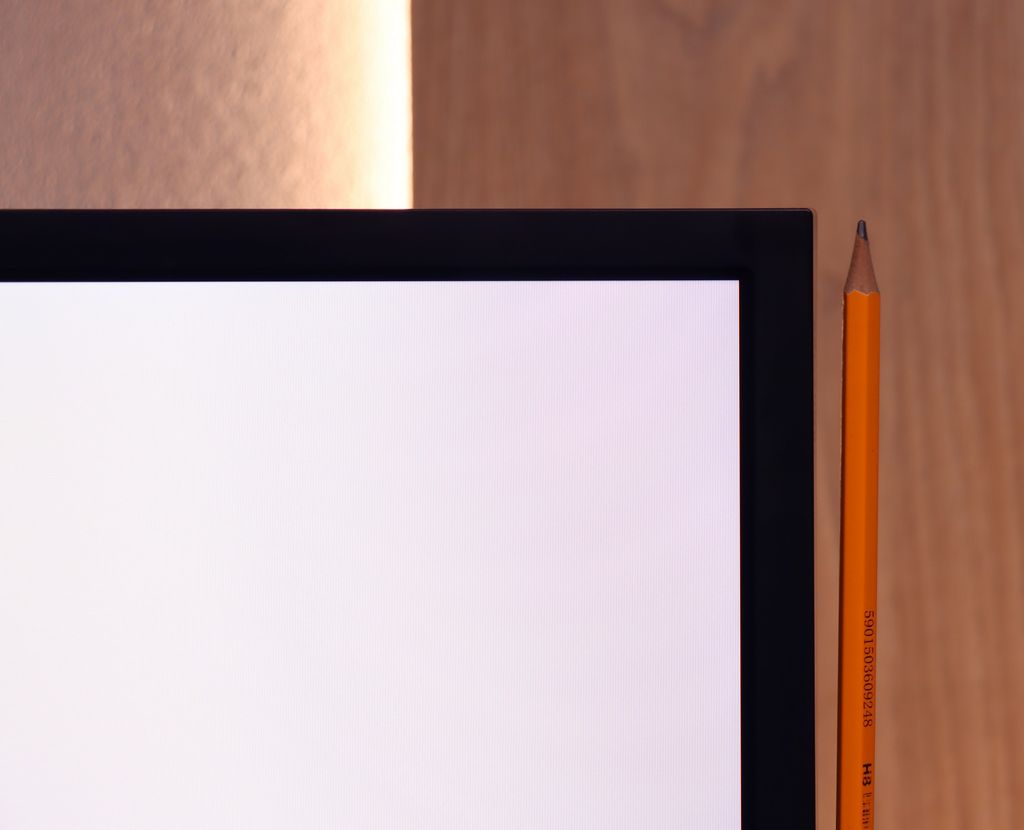
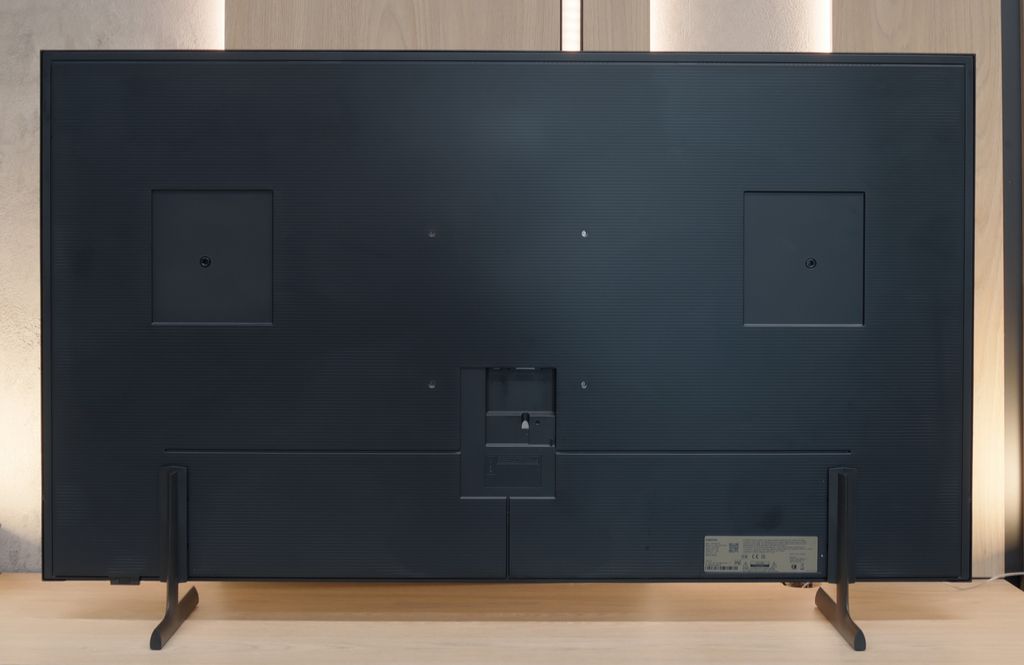
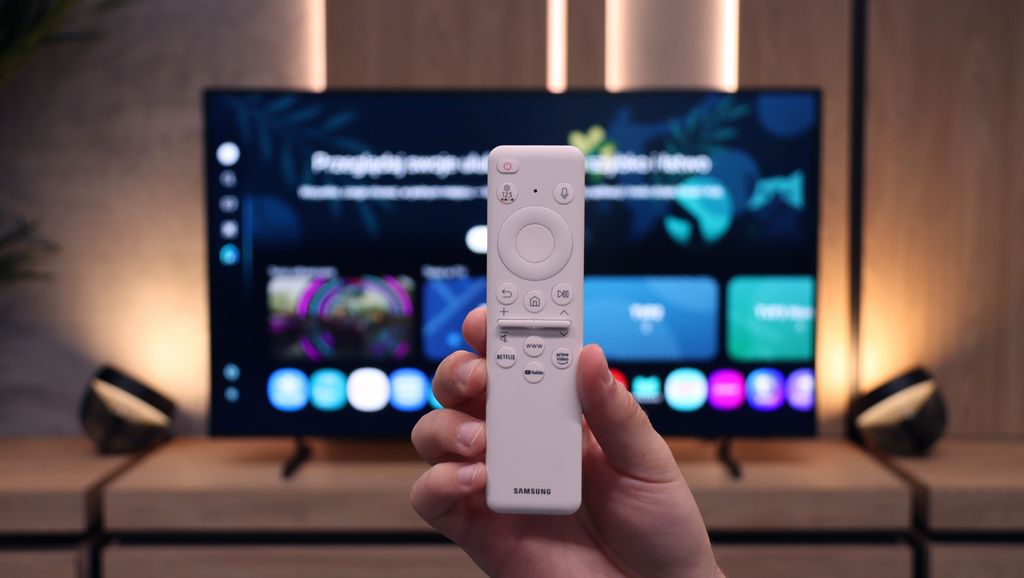
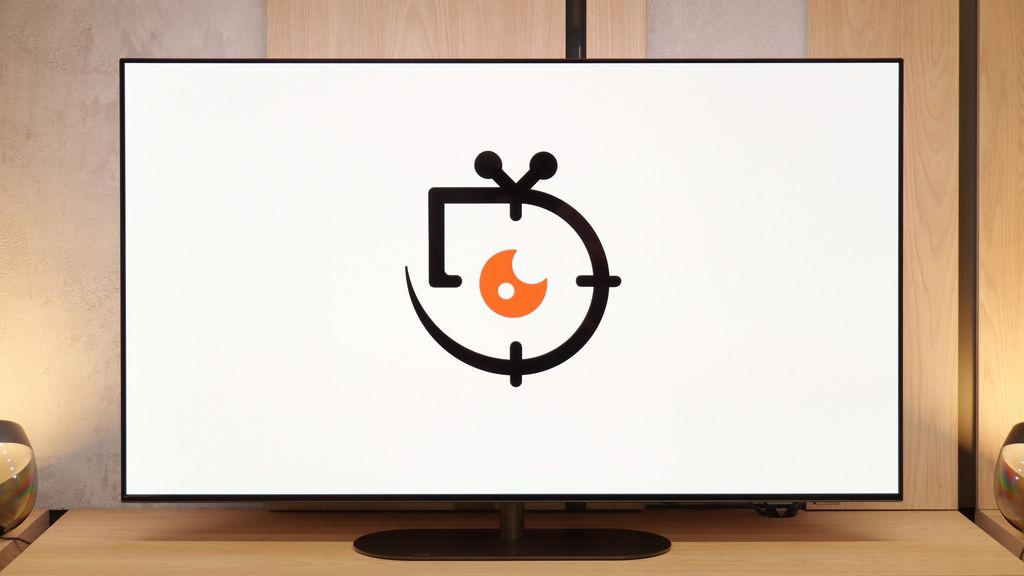
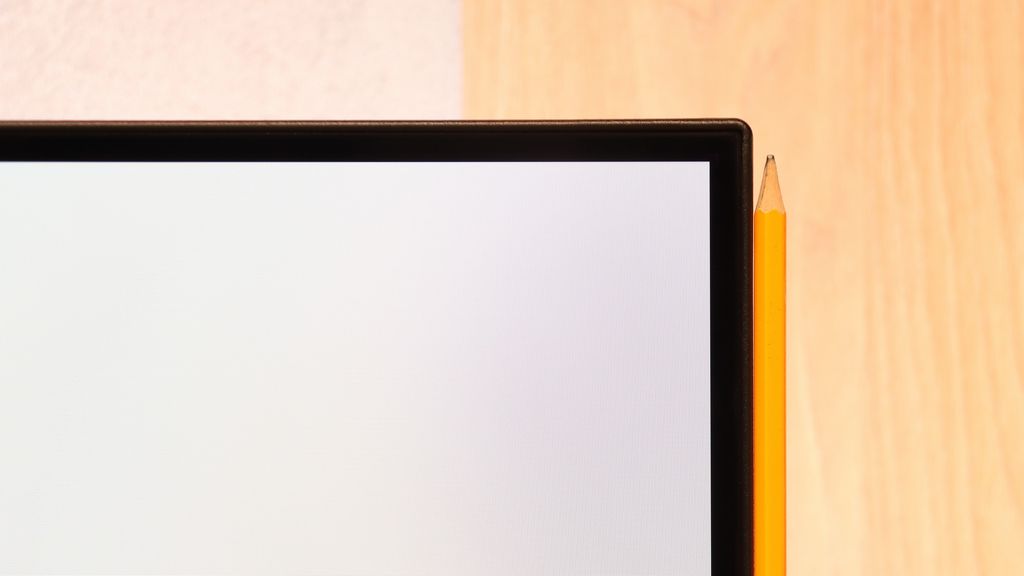
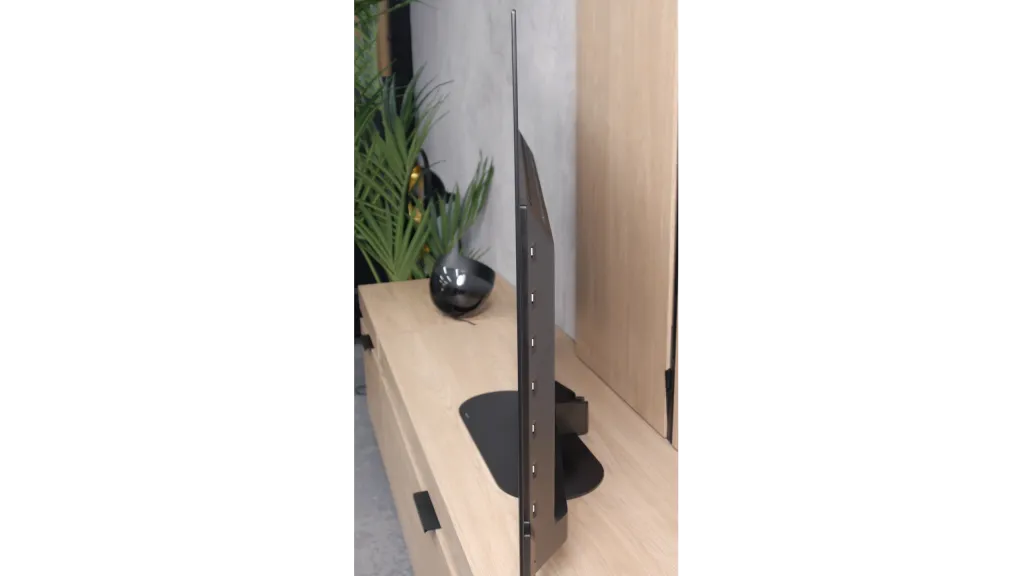
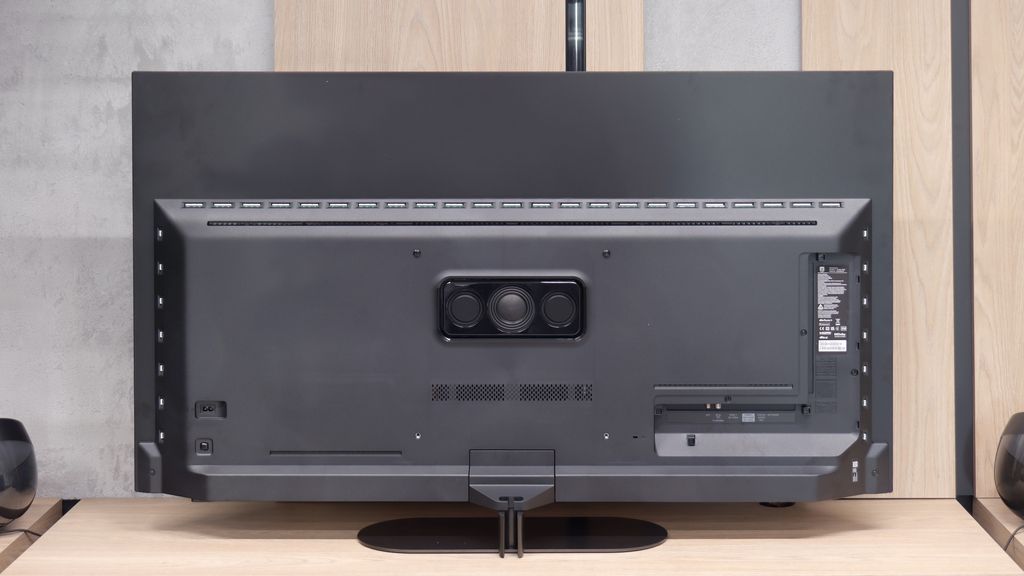
Contrast and black detail
6/10
10/10
Local dimming function: No
Contrast:
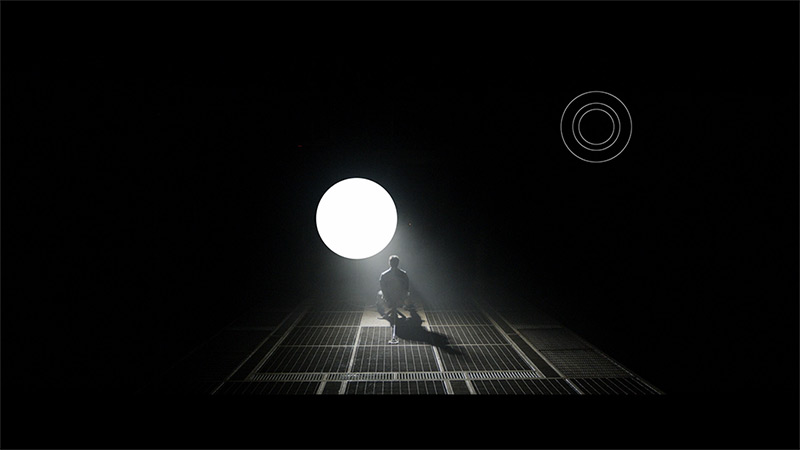
Result
4,800:1

Result
4,750:1
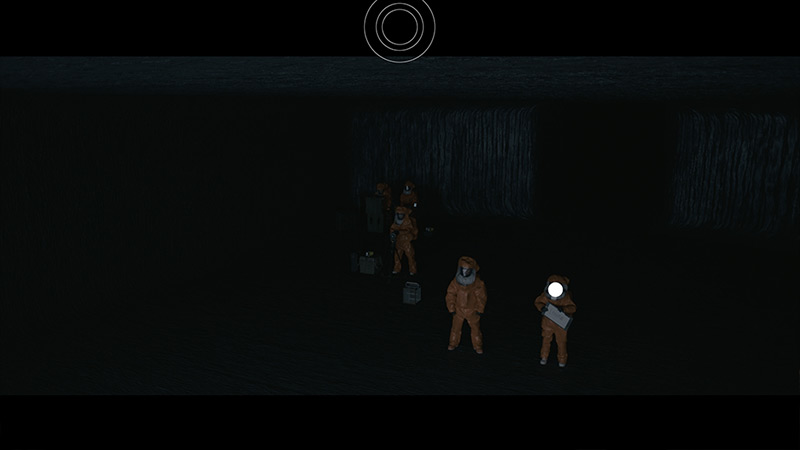
Result
14,900:1

Result
4,500:1
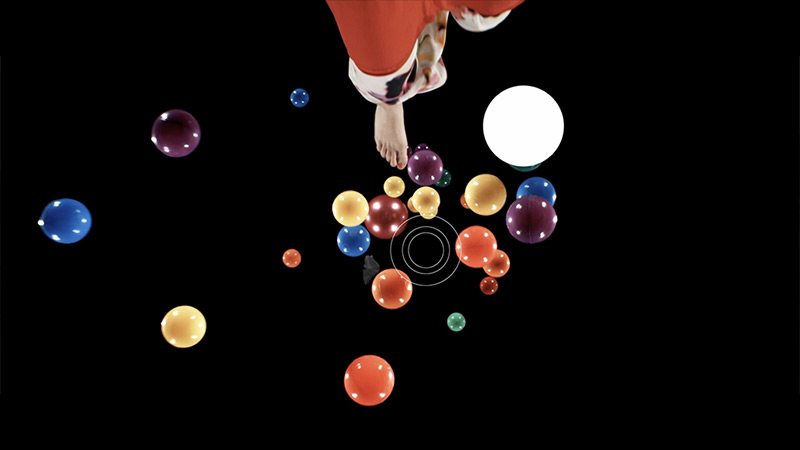
Result
4,300:1

Result
∞:1

Result
∞:1

Result
∞:1

Result
∞:1

Result
∞:1
Halo effect and black detail visibility:

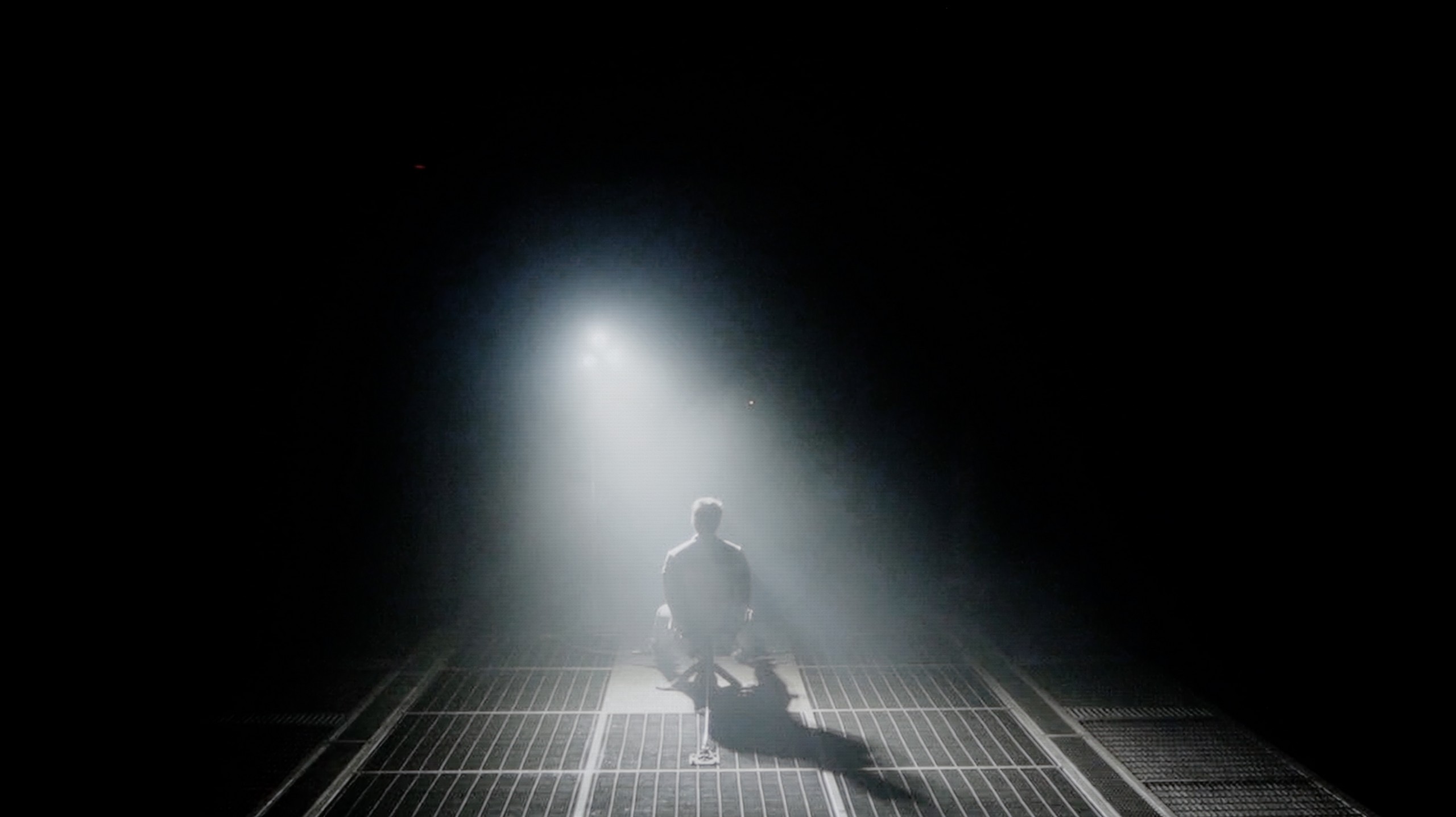
The year 2025 looks quite interesting when it comes to lifestyle TVs. Why? Because Samsung has prepared two versions of the iconic model The Frame – one regular and another with the "Pro" label. In this review, we take a look at the version without "Pro," which – as will soon become evident – is quite significant. The regular model LS03F does not feature any local dimming technology, unlike its more expensive sibling. This is important because it affects not only the overall picture quality but primarily how this TV handles black levels.
The VA panel used in The Frame 2025 has a high native contrast – and this obviously works to its advantage. In the tested movie scenes, details in the dark parts of the image were clearly visible; nothing blended together, and it didn’t create a uniform black/bright spot. For the average viewer, this will be more than sufficient. But of course, not everything is perfect. The lack of local dimming causes the black levels on this TV not to be perfectly deep – it resembles a dark navy more than pitch black. Additionally, in our tested unit, we noticed slight backlighting in the right part of the screen, but this may just be the "beauty of the specimen" rather than a rule. Theoretically, one could try to improve the perception of blacks by backlighting the screen – for example, with an LED strip – but in the case of The Frame, this is rather impossible because this TV is meant to sit flush against the wall like a painting. So to achieve better blacks visible to our eyes, we are forced to watch the LS03F with the lights on. Such is the charm of this technology.
Contrast and black are the domain of OLEDs, and the Philips OLED820 is no exception. The WOLED panel from LG Display works the same as in the LG C5 models or the Samsung S90F, providing exactly what we expect – perfect black and infinite contrast. Whether we are watching challenging scenes full of fine details or simpler frames flooded with uniform black, the television always performs excellently. It separates light from darkness with surgical precision, creating an extraordinary sense of depth in the image. And while different technologies can be debated, in this category, OLED simply reigns, and the Philips OLED820 only confirms this rule.
HDR effect quality
6/10
7.5/10
Luminance measurements in HDR:

Result
642 nit

Result
589 nit
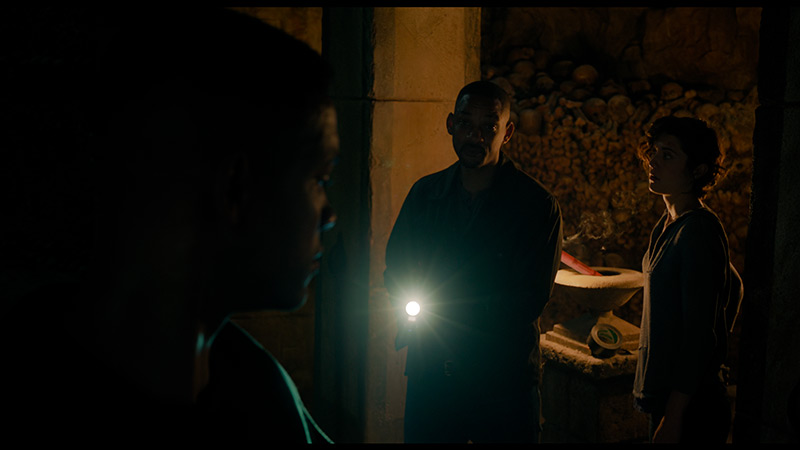
Result
574 nit

Result
584 nit

Result
631 nit

Result
1035 nit

Result
1235 nit

Result
1356 nit

Result
1315 nit

Result
521 nit
Scene from the movie “Pan” (about 2800 nits)


Scene from the movie “Billy Lynn” (about 1100 nits)


Static HDR10


Dynamic: HDR10+
Dynamic: Dolby Vision


HDR luminance chart:
Philips OLED820
HDR luminance
Luminance of RGB colors
Samsung The Frame 2025 (LS03F)
HDR luminance
The Frame LS03F is a television that can surprise with its brightness. The maximum luminance reaches around 650 nits, which already looks solid on paper. But as we know, lab tests are one thing, and real movie scenes tell a completely different story. When watching HDR content in natural conditions, The Frame 2025 maintains very good results. In most film scenes, peak brightness remained at levels of 550–650 nits. This is enough to feel the difference between standard image quality and that of HDR – bright highlights, reflections on water, and moonlight appear clear and impressive.
It’s also worth noting that the LS03F is a QLED television, which translates to solid color saturation. The coverage of the DCI-P3 color space reaches about 92%, allowing for vibrant, intense colors in HDR content. It may not be at the level of top premium models, but for a lifestyle screen, the result truly deserves recognition.
When it comes to HDR quality, the Philips OLED820 uses the same class of WOLED panel that we find in its biggest competitors – LG C5 or Samsung S90F. This means we can count on truly solid performance. This year, mid-range OLED panels are capable of exceeding the threshold of a thousand nits, and the model tested reaches around 1300 nits in some films. This is an outstanding result that allows for an extremely precise depiction of the director's vision, as contemporary productions are mastered in such brightness ranges. Of course, there are situations where even the OLED820 has to compromise. Full-screen scenes flooded with white, like those in the movie The Meg, can drop brightness to 400–500 nits, which clearly weakens the effect. This is a characteristic of OLED technology that has not yet been fully eliminated. Despite this limitation, it is hard not to appreciate the HDR in this model – high luminance and wide coverage of the DCI-P3 color gamut at 99% make the picture simply look great.
Factory color reproduction
7.1/10
6.7/10
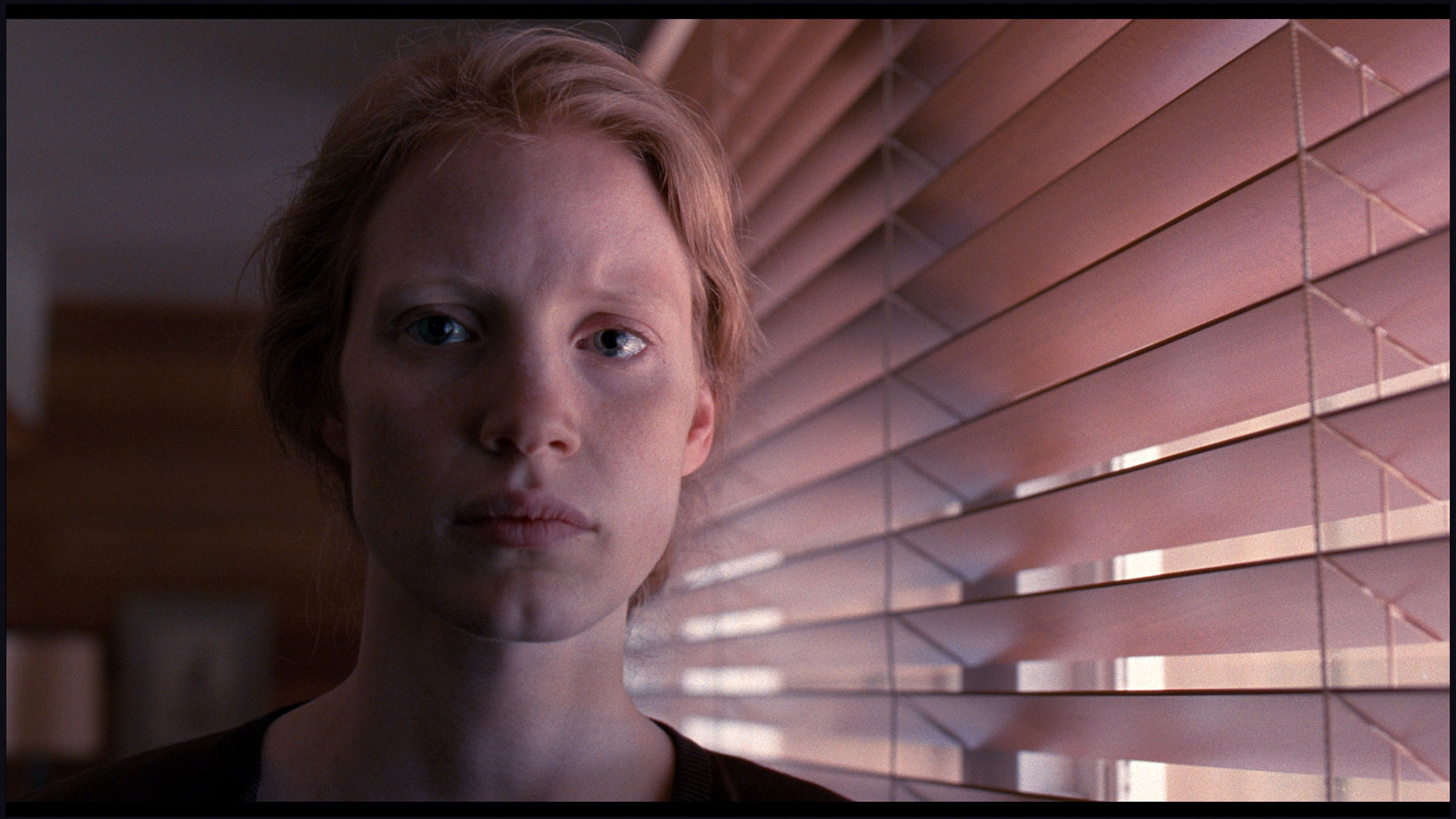
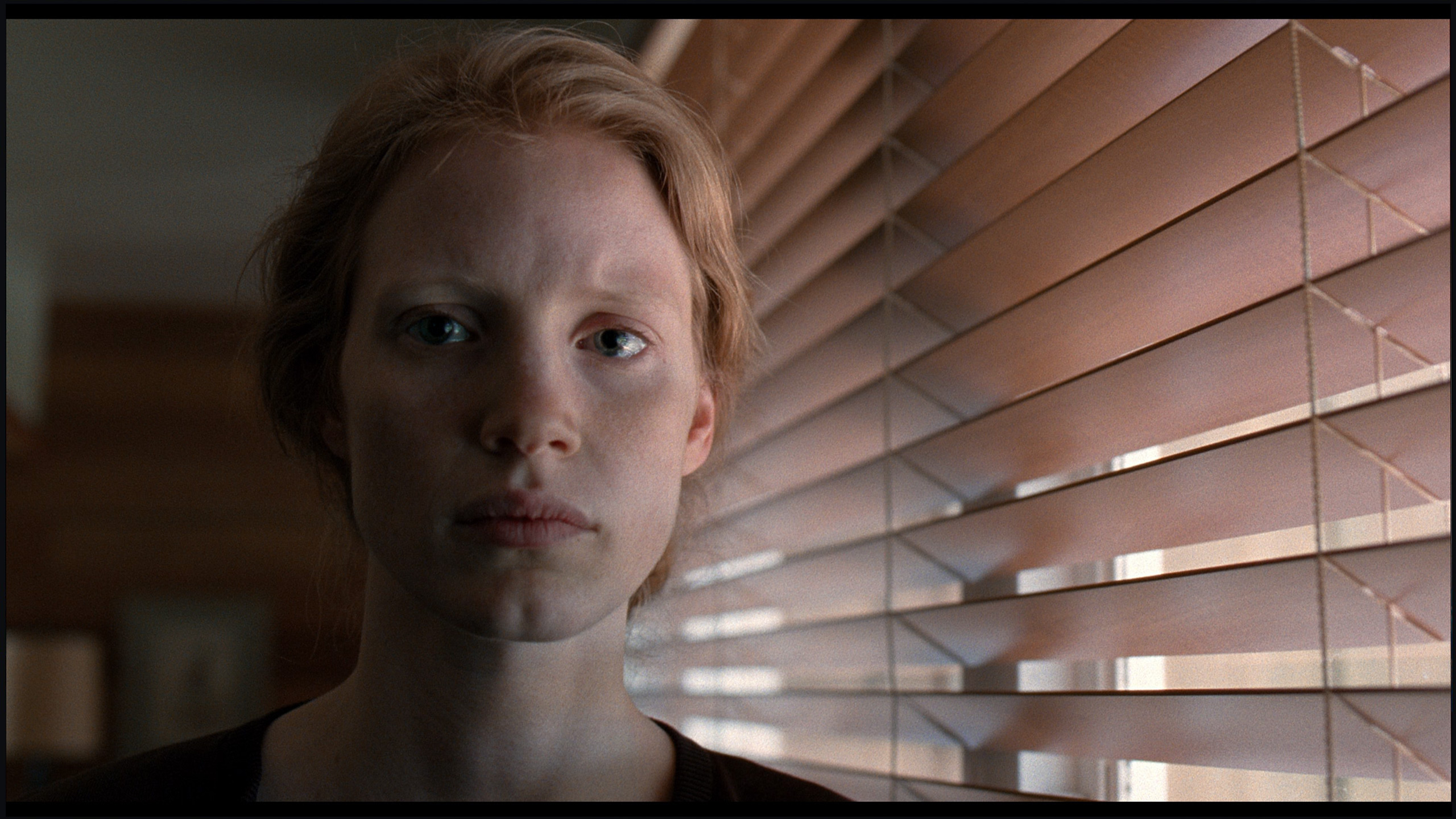
Factory Mode
After calibration
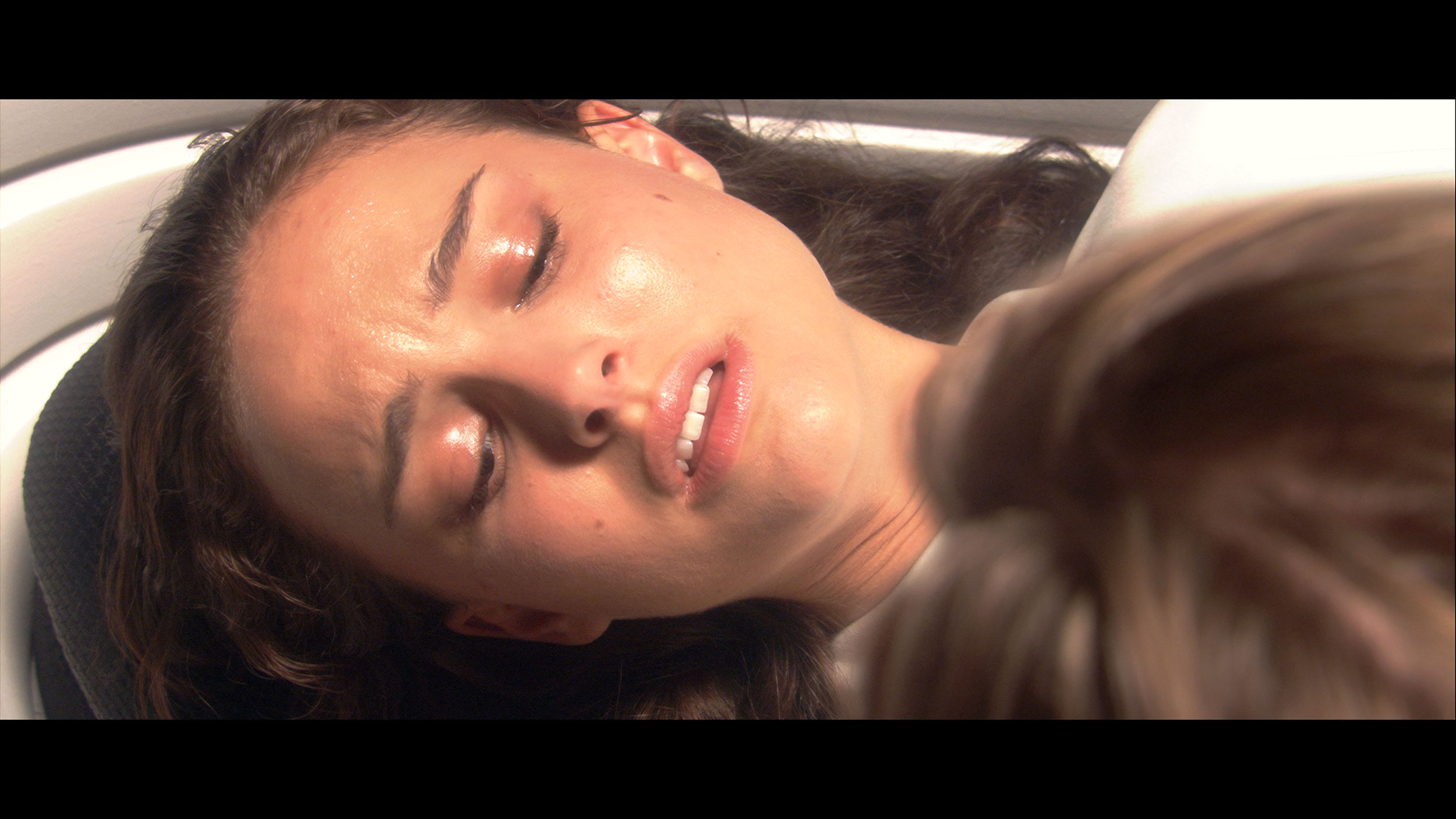
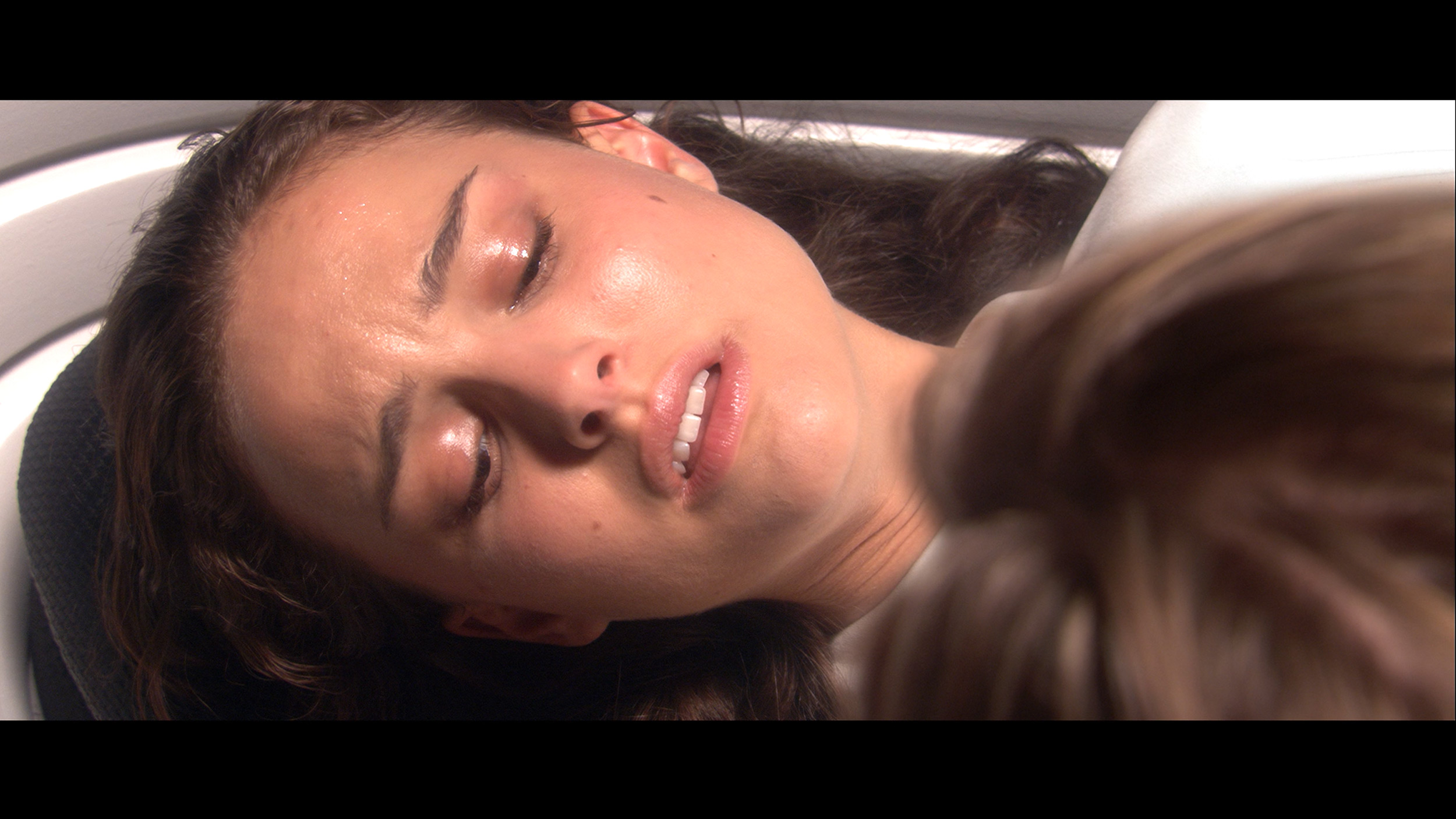
Factory Mode
After calibration
When it comes to image quality right out of the box, even in Filmmaker mode, which is supposed to be the closest to reference, there were issues. In both HD and 4K HDR content, we noticed noticeable deviations in white balance. The image was heavily skewed towards red and blue, giving the screen a characteristic rosy tint. This effect was most visible in bright scenes – for example, in shots with a lot of white, where neutral light should naturally dominate. In such moments, the screen clearly leaned towards pink tones, which can also be seen in the attached comparison photo. As for brightness characteristics – it wasn't as bad as one might expect given such color inaccuracies. Analysis of the gamma curve and EOTF showed a slight brightening of the image compared to the reference, but not enough to drastically affect the perception of the material.
The color reproduction in the factory settings really surprised us, and positively so. The Philips OLED820, switched to Filmmaker mode, immediately showed that it was quite well tuned in terms of color. The white balance was relatively accurate, though with a slight lack in the blue hue, which sometimes gave the image a slightly yellowish tint. However, this is not a flaw that particularly interferes with everyday viewing. A larger problem arose with the brightness characteristic. The gamma chart clearly deviated from the ideal, with the line being below the expected values, causing the image to be overly brightened, and the colors looked as if they were covered with a light milky filter. This effect was also noticeable in tests using the Colour Checker pattern, where more pronounced errors appeared.
Color reproduction after calibration
8/10
9.3/10




After calibration, the movie mode gained a completely new quality. The issue of pink tint, which had previously been clearly visible, especially in bright scenes, was effectively eliminated. Colors began to look much more natural, and the white balance no longer dominated the rest of the image. It was no longer the same exaggerated “box picture” – everything gained coherence and a cinematic character. Additionally, the tendency of the television to slightly brighten scenes, previously visible in the EOTF curve analysis, was partially corrected. Of course, this was within the limits of what the design allows without local dimming – it’s hard to speak of perfect brightness management here. Nevertheless, the final effect was definitely closer to what one would expect from a mode called Filmmaker.
After calibration, both the Filmmaker mode and the game mode gained quite a lot. A slight adjustment of the white balance and an improvement in brightness characteristics resulted in excellent outcomes for SDR content – the image looked almost perfect, natural and very close to the reference. In the case of HDR materials, the situation was similar; the colors looked stunning and it was hard to find anything to criticize. However, we noticed a certain feature that we had already pointed out when comparing scenes from the movie Billy Lynn. An analysis of the EOTF curve revealed that the television has a slight tendency to dim details in the blacks, which means that the darkest sections are not always displayed exactly as the director intended. Nevertheless, the effect after calibration is remarkable, and the OLED820 stands out as one of the more interesting screens in its class. It just needs a little bit of fine-tuning, and there's really nothing to be afraid of.
Smoothness of tonal transitions
9/10
6.5/10












In terms of the fluidity of tonal transitions, the LS03F maintains a high level – just like last year’s models. The television had no issues during the testing of more challenging movie scenes, where visible transitions between color shades can easily occur. The color grading is very good here – both in the lighter and darker parts of the image. We did not observe the typical banding effect or other disturbances that could stand out while watching movies. If we had to nitpick, in the most demanding scenes – with subtle transitions and delicate gradients – small imperfections can be noticed. But only when one gets really close to the screen and begins to analyze the image from a distance not intended by the manufacturer.
The fluidity of tonal transitions is unfortunately the Achilles' heel of the Philips OLED820. During tests, we noticed slight issues with color blending – both in bright and darker scenes, one can see characteristic banding, which detracts from the naturalness of the image. It must be admitted that compared to last year's OLED 819 model, there is a significant improvement, but nonetheless, the competition performs better in this category.
Image scaling and smoothness of tonal transitions
6.7/10
7/10
Smooth transition function
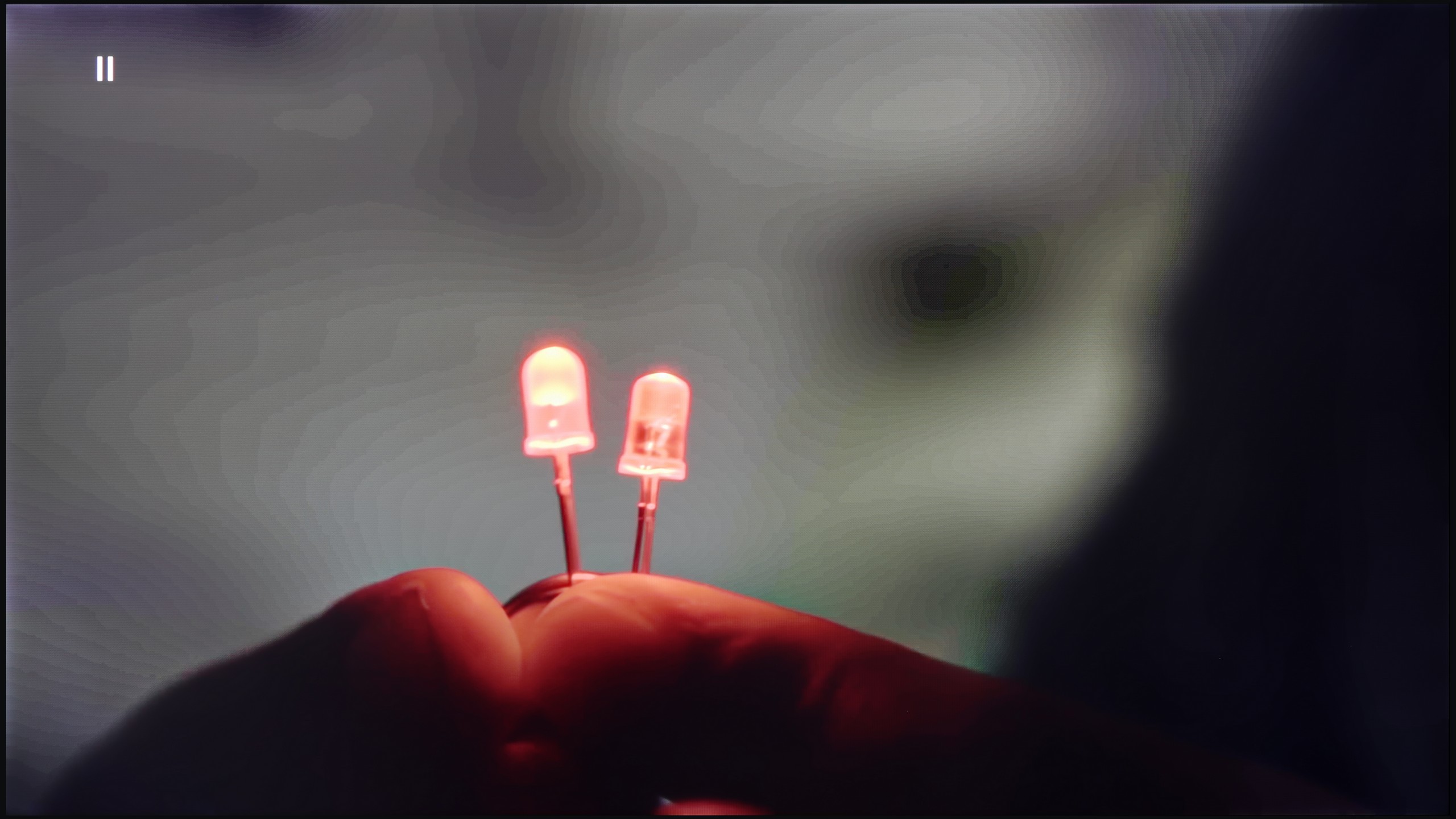
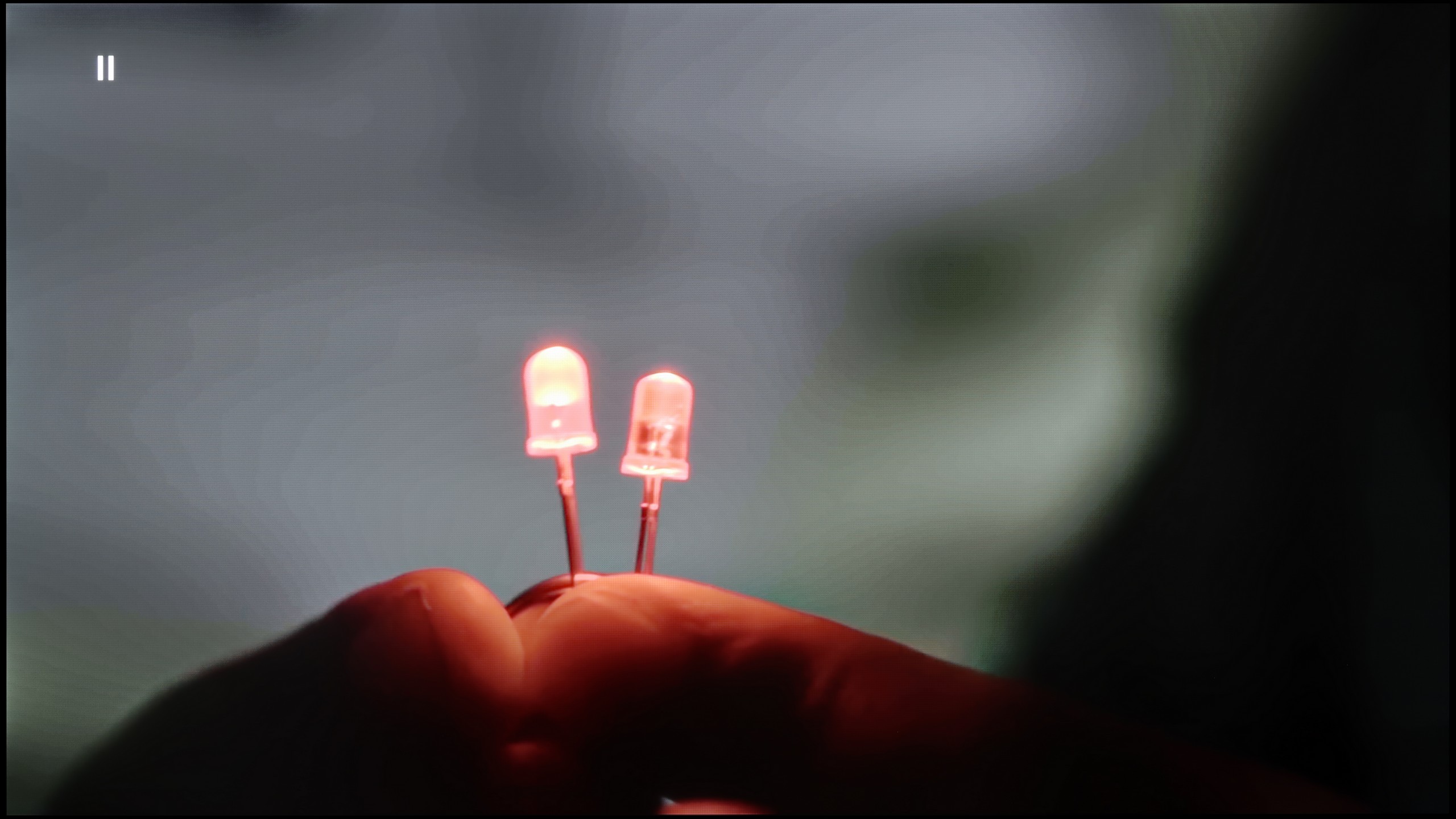
Image without overscan on the SD signal


The LS03F is equipped with the NQ4 processor, which is responsible for improving image quality—especially in lower-quality materials. In practice, it works surprisingly well, particularly with older content and recordings with lower resolution. Activating the "noise reduction" feature yields noticeable effects. The television effectively smooths tonal transitions and removes digital noise that can appear in darker areas of the image. Compared to previous generations, there is a clear improvement—previously, this feature often smoothed everything too much, including details that it shouldn't have removed. In this year's model, the smoothing still occurs, but it is done in a much more acceptable manner. Textures of materials, skin, or fabric details are no longer so heavily muted as before—the image retains more naturalness. However, this does not change the fact that film grain is still removed by the television, which may not be to everyone's liking. On the other hand, it is no longer as aggressive an intervention as in previous models. It is also worth mentioning that the LS03F may struggle with very weak signals—such as recordings from VHS tapes or video in low resolution. In such cases, we noticed slight clipping of the image at the edges—so-called overscan. This can lead to situations where a small part of the image (e.g., subtitles at the bottom edge) gets cut off.
Fortunately, the earlier effects of the aforementioned posterization can be quite effectively mitigated. The "distortion reduction" feature set to medium handles unwanted color banding, improving the smoothness of tonal transitions. It does happen, however, that it works a bit too aggressively and smooths out some details – such as minor skin imperfections of the actors – but despite this, it can be considered worth using without major compromises. The upscaling in the OLED820 also performs well. The test image with the model is exceptionally soft, sometimes even too much so, although this can be alleviated by slightly increasing the sharpness in the picture menu – it’s a matter of personal preference. The lack of overscan issues with very low-resolution content is also commendable, meaning we don't have to worry that the image will be unnecessarily cropped.
Blur and motion smoothness
6.9/10
8.5/10
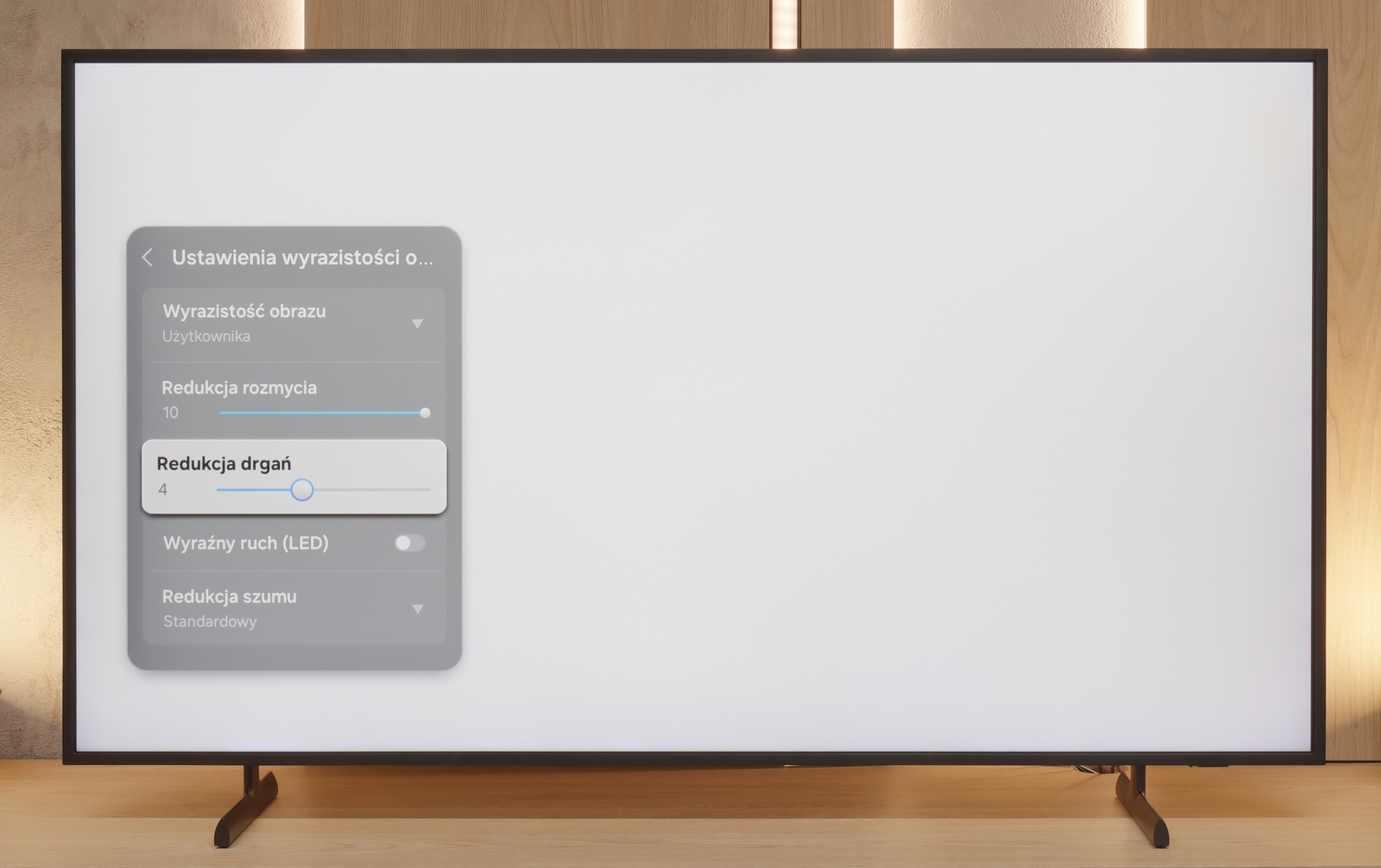
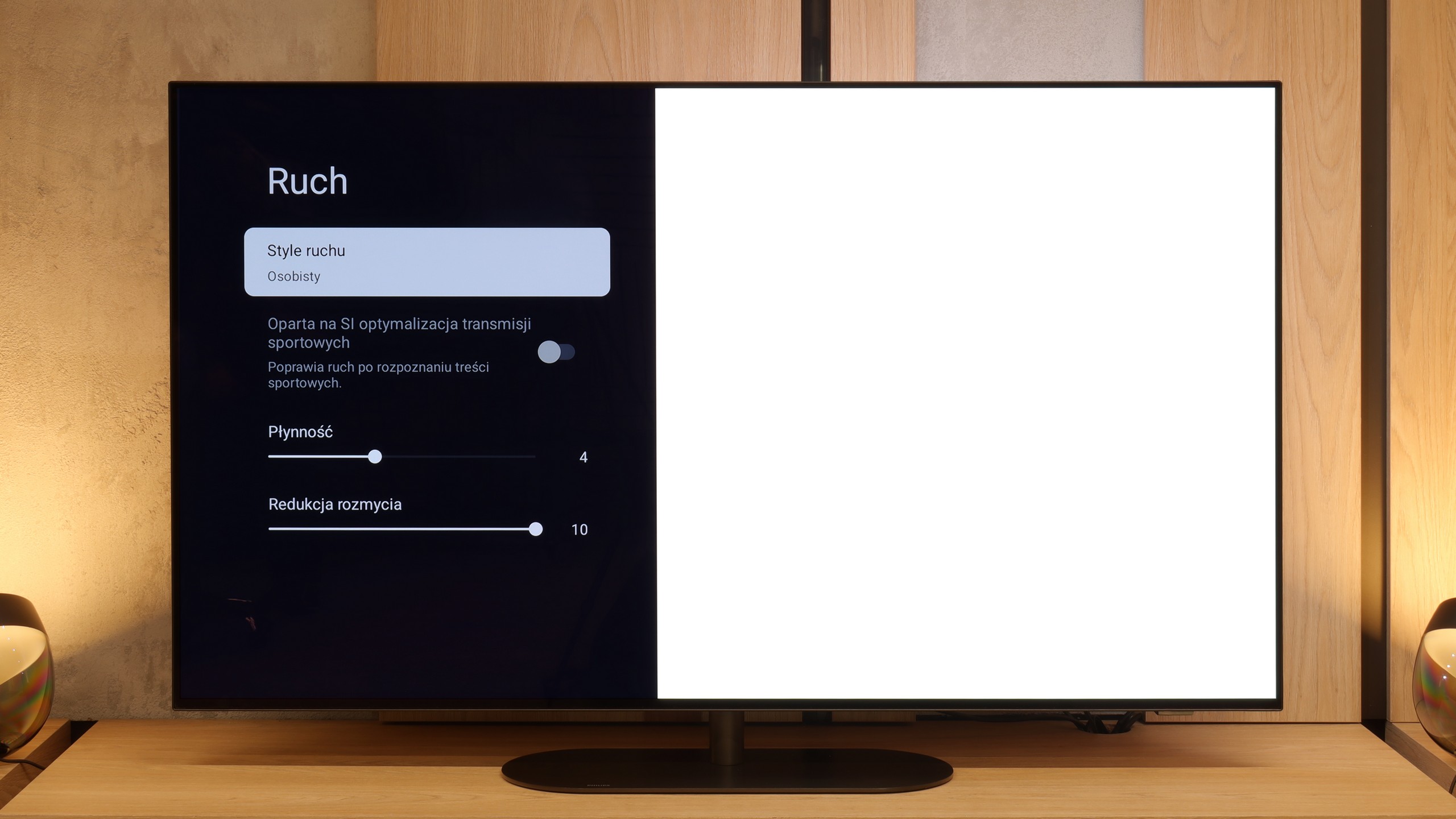
Blur (native resolution, maximum refresh rate):






Blur (BFI function enabled):
Image flickers in this mode



Smużenie ():
Smużenie (4K@144Hz):



A novelty in The Frame for 2025 is the panel with a refresh rate of 144 Hz. Yes – in a television primarily associated with displaying artwork, you can now not only watch Van Gogh but also comfortably play on a console or follow dynamic sports action. This is a definite step towards greater versatility. In the case of Samsung films, as usual in models with a 120 Hz panel and above, it allows you to adjust motion smoothness according to your own preferences. You can set a more cinematic representation while maintaining frame rate or opt for full motion smoothing. The range of options is wide, allowing you to tailor the effect to your taste – whether the viewing experience is meant to resemble classic cinema or a presentation on a modern theater panel.
*this part of the test refers to the model LS03FAU in sizes 55 and 65 inches, which is equipped with a 144Hz panel; the 43 and 50-inch sizes have 60Hz panels, and therefore perform much worse in terms of motion smoothness.
Motion fluidity is an area where OLEDs always shine, and the Philips OLED820 confirms this rule. The panel itself offers a refresh rate of 144 Hz, which will mainly benefit PC gamers, but even with standard television sources or consoles, where 120 Hz is used, the motion is fast, sharp, and simultaneously smooth, without traces of ghosting. This is thanks to the outstanding response time between pixels, which ensures the image retains clarity in every dynamic scene. The manufacturer has also added its own smoothing feature called "Motion Style." In the menu, we find two sliders – the first, responsible for fluidity, allows us to adjust the amount of artificially added frames in movies. This way, we can choose a raw, cinematic character with a clearly visible film frame or a more theatrical image with smooth motion. The second slider is for reducing blurring, especially useful in sports broadcasts. Here, we definitely recommend setting it to the maximum value, as the effect is truly excellent.
Console compatibility and gaming features
8.2/10
9.8/10
- ALLM
- VRR
- VRR range48 - 144Hz48 - 144Hz
- Dolby Vision Game Mode
- Correct implementation of HGIG
- 1080p@120Hz
- 1440p@120Hz
- 4K@120Hz
- Game bar
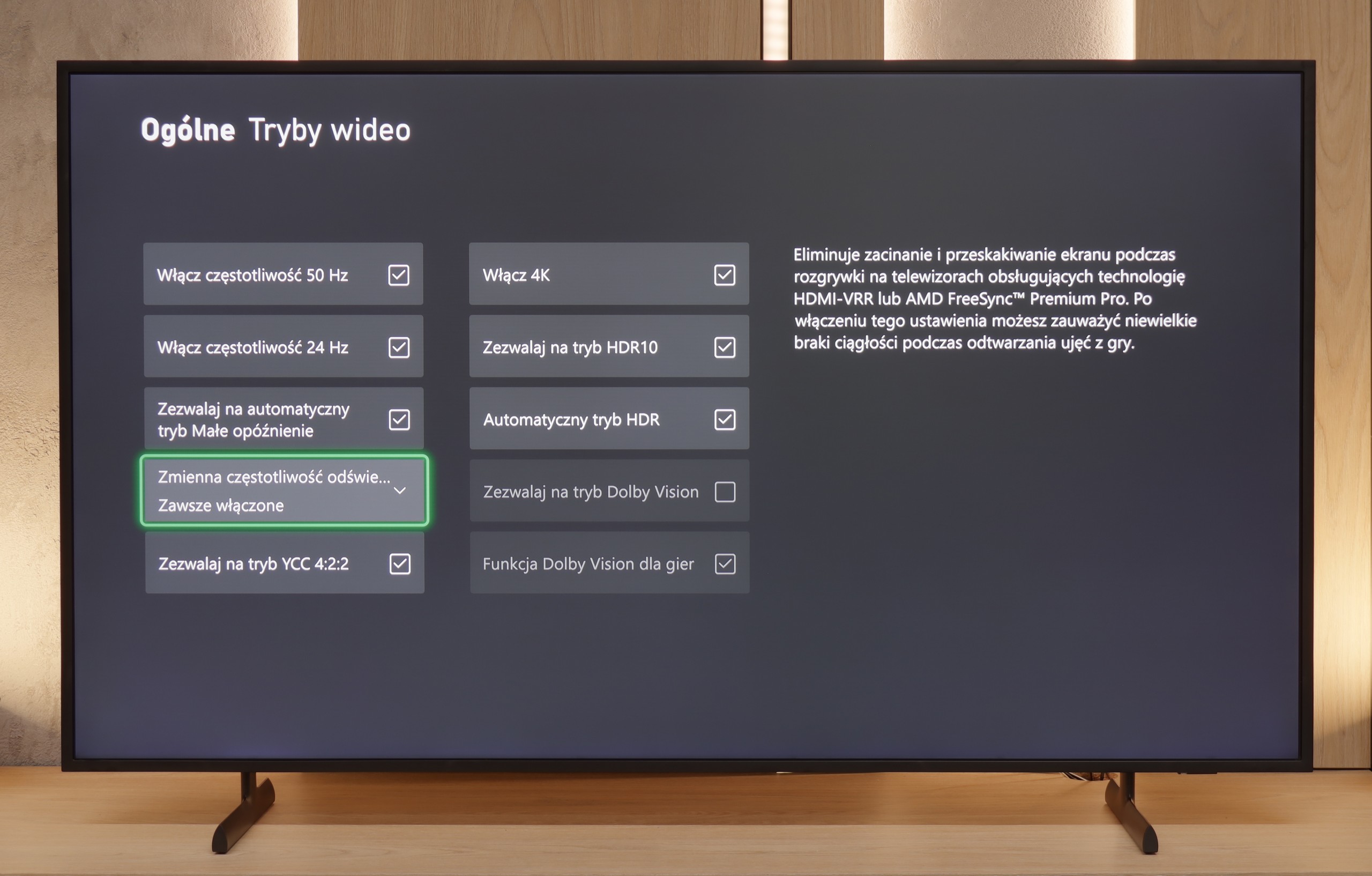
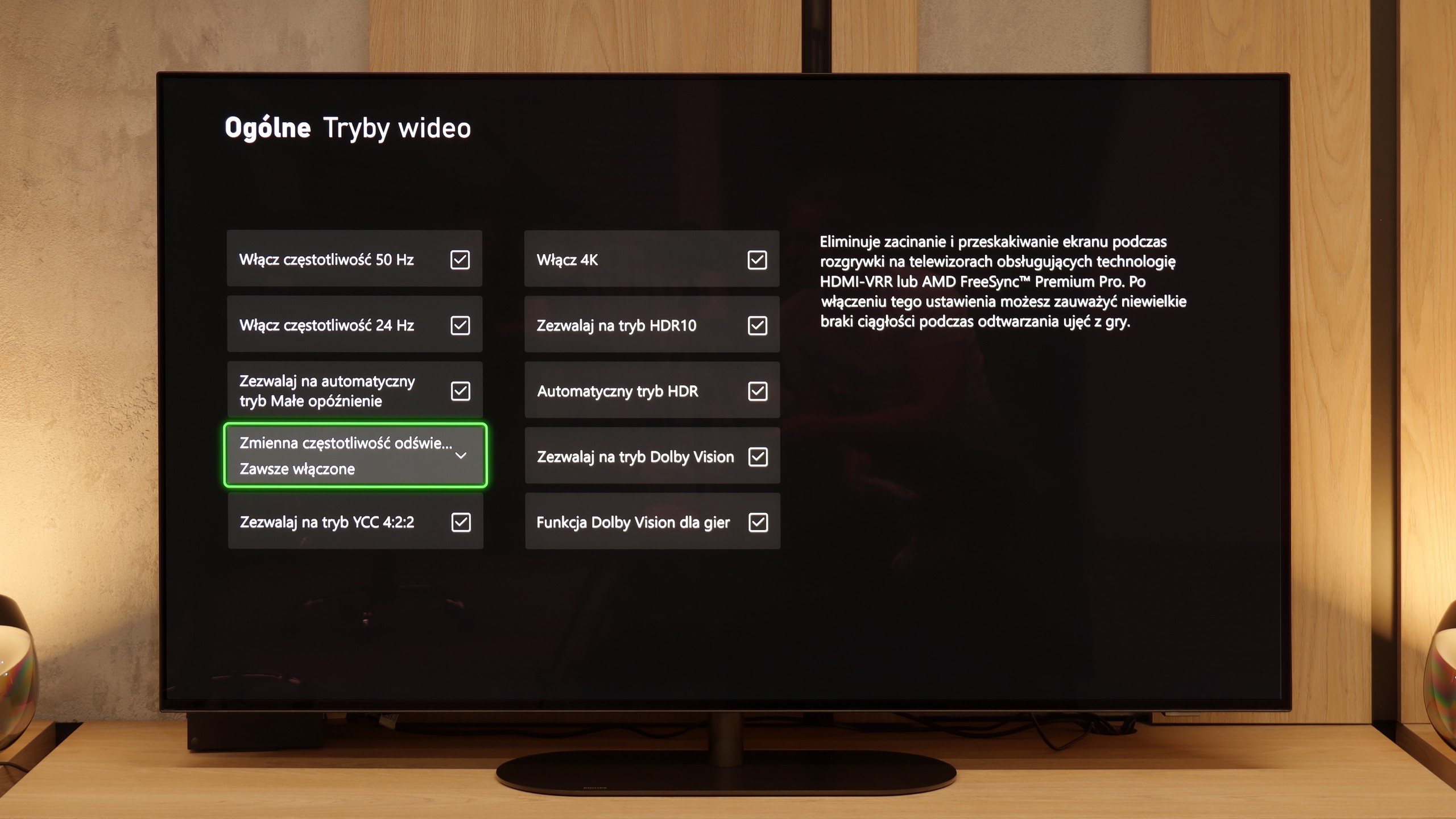
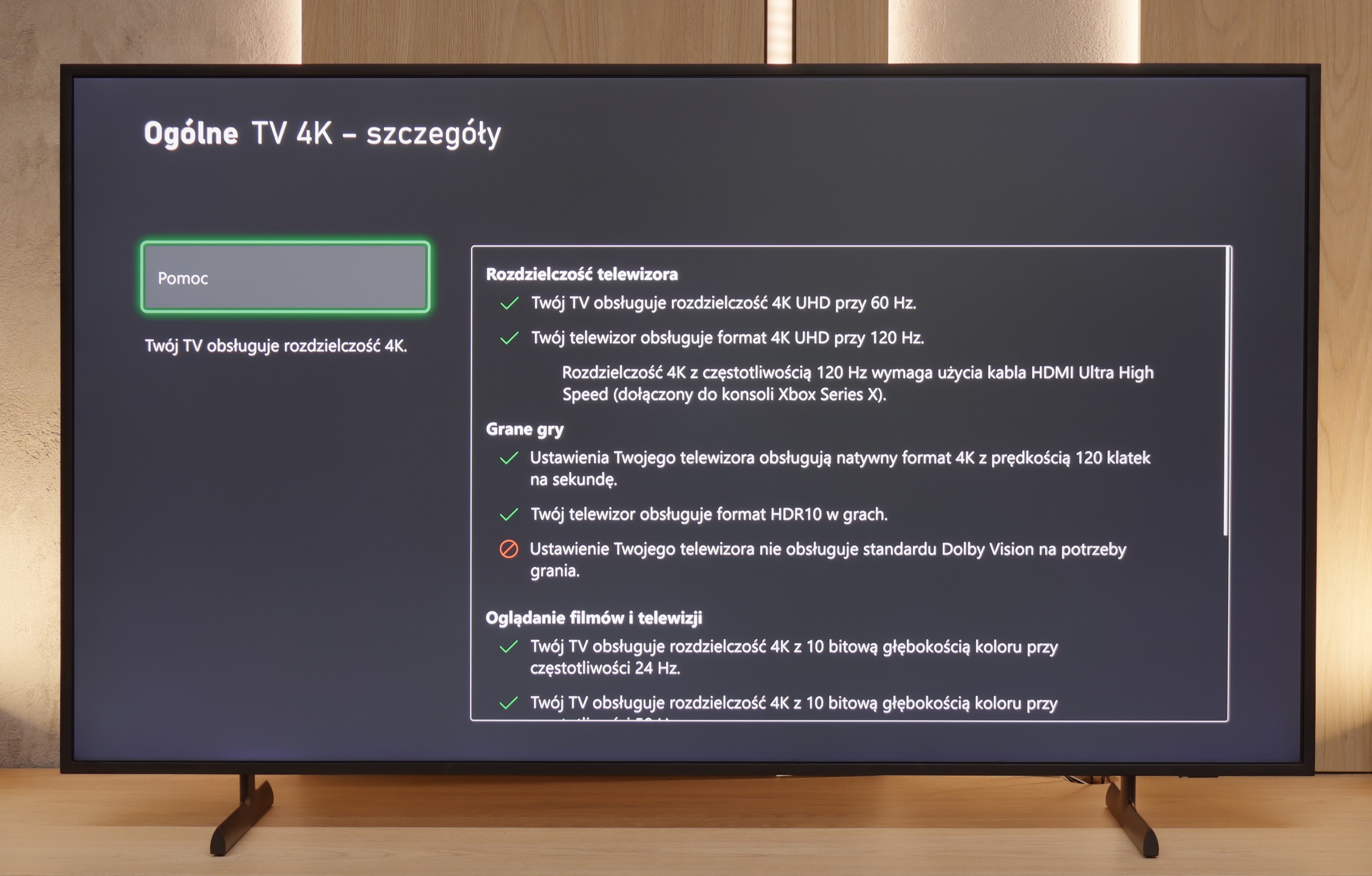
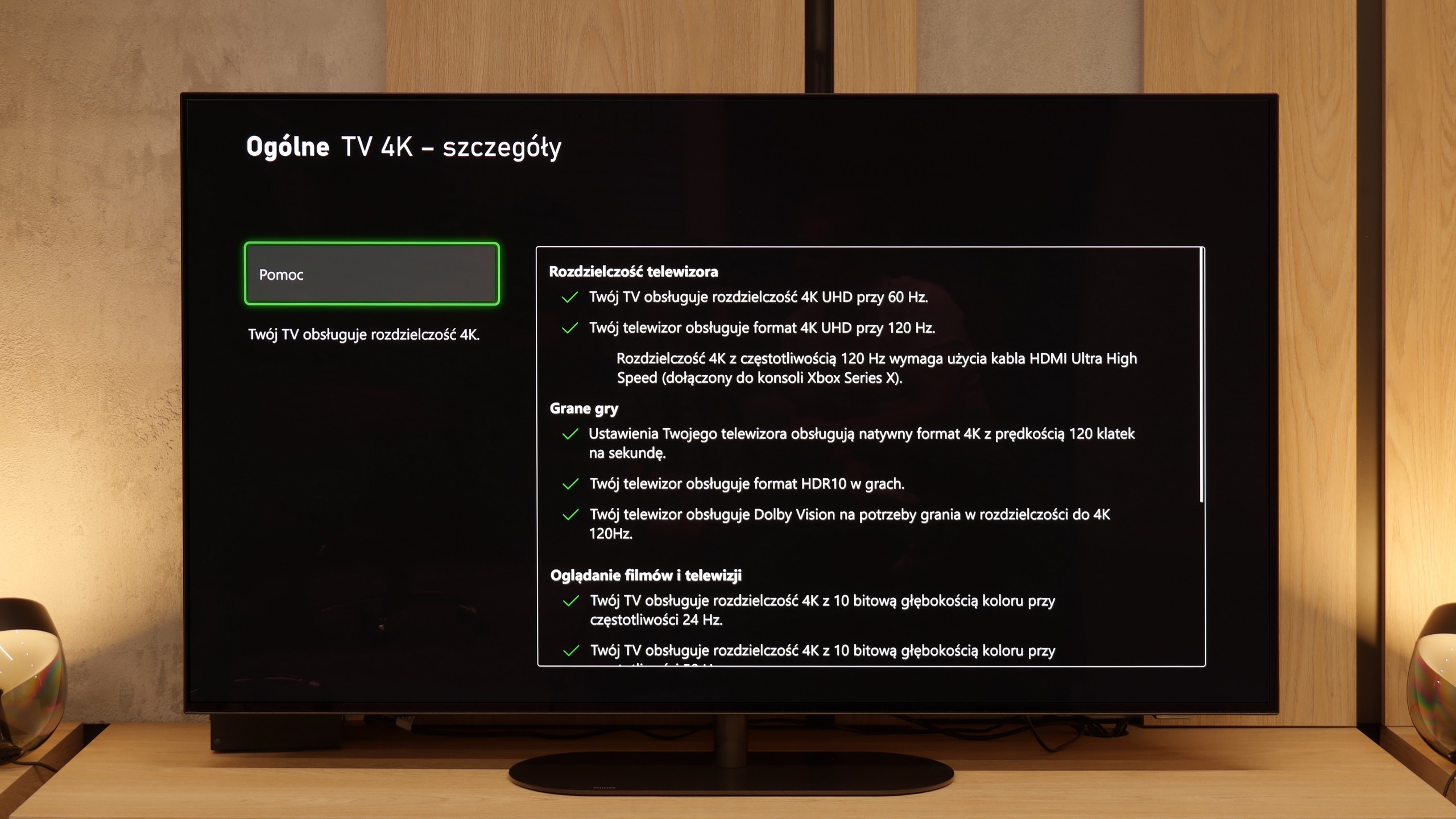
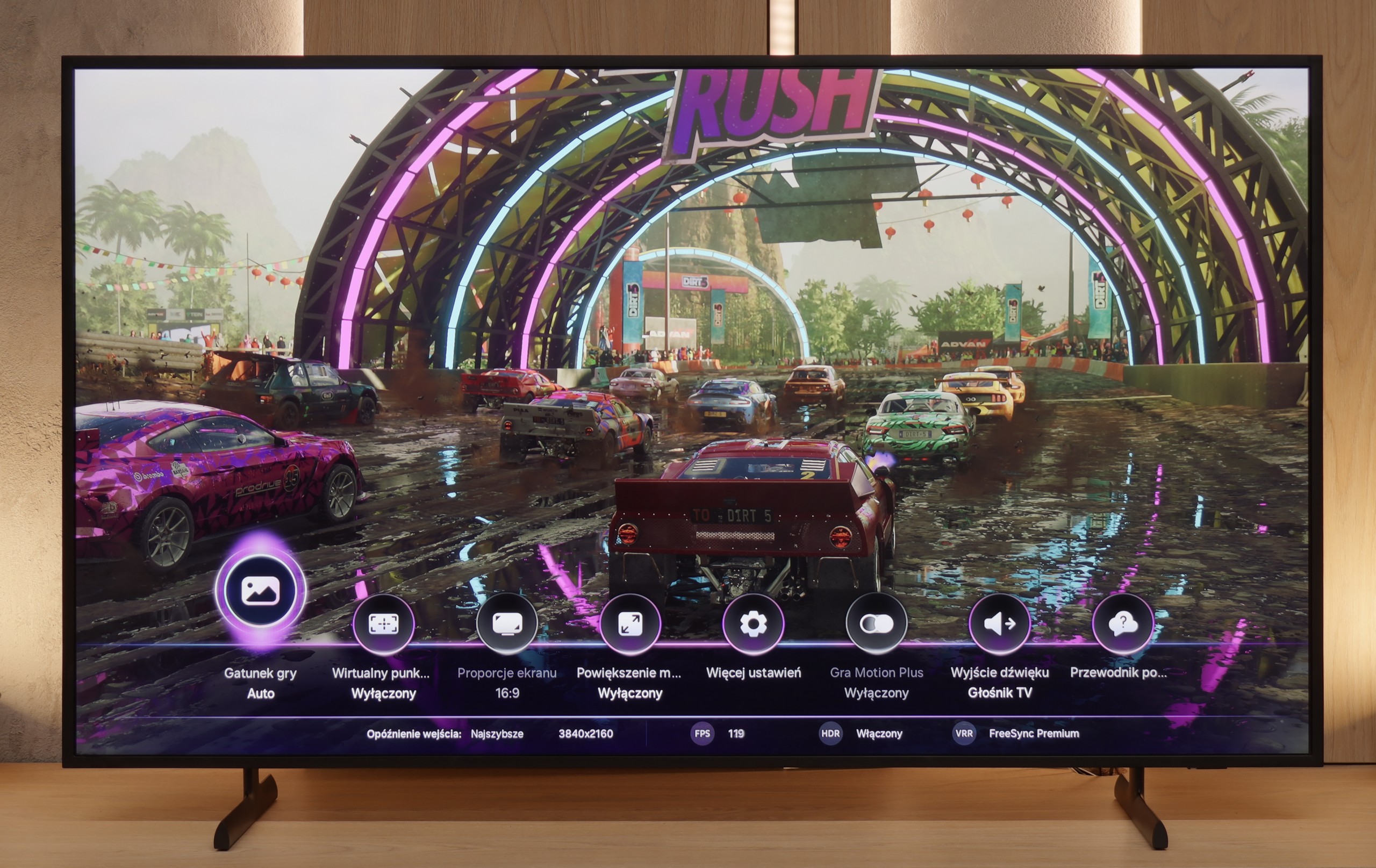
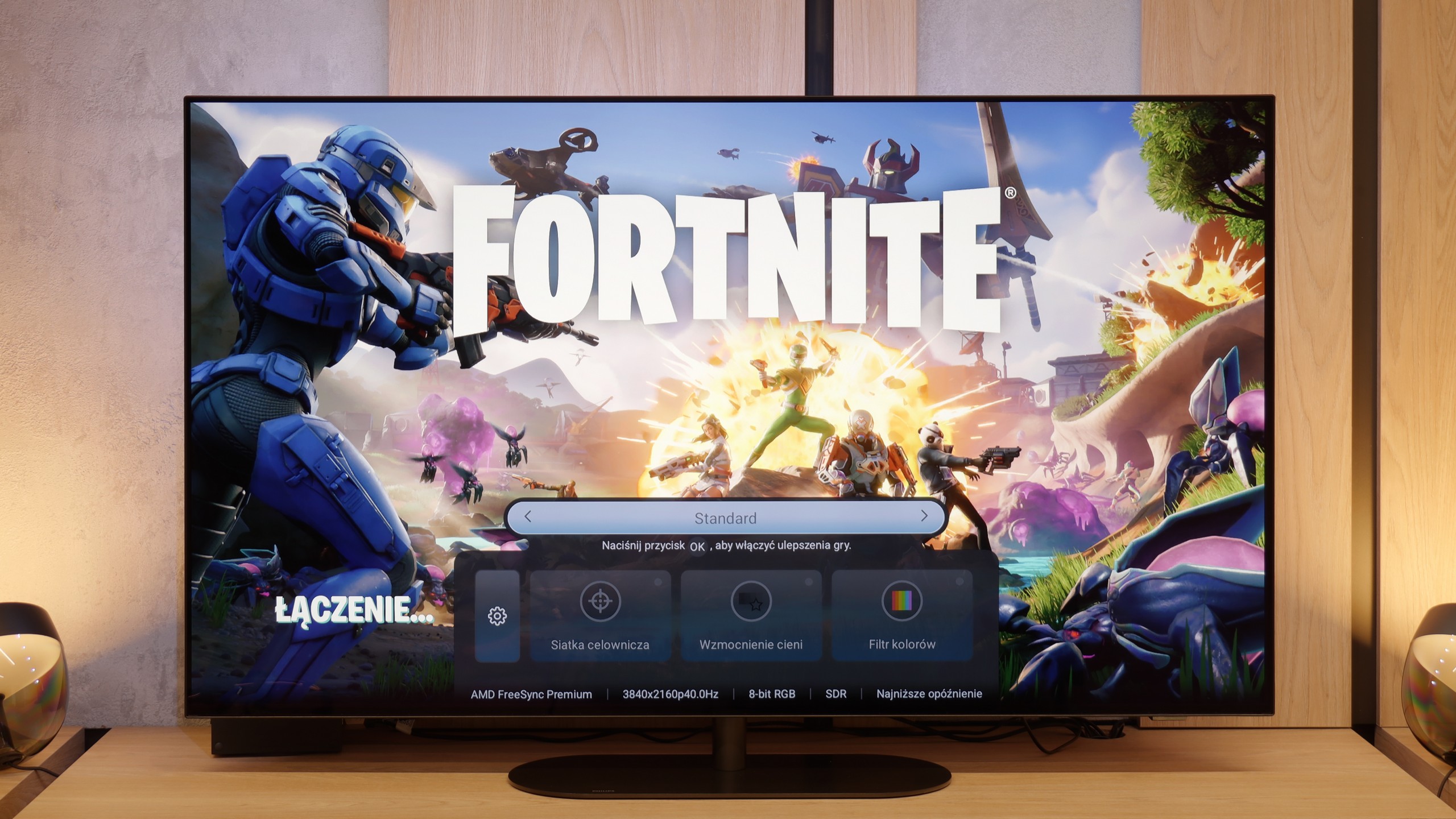
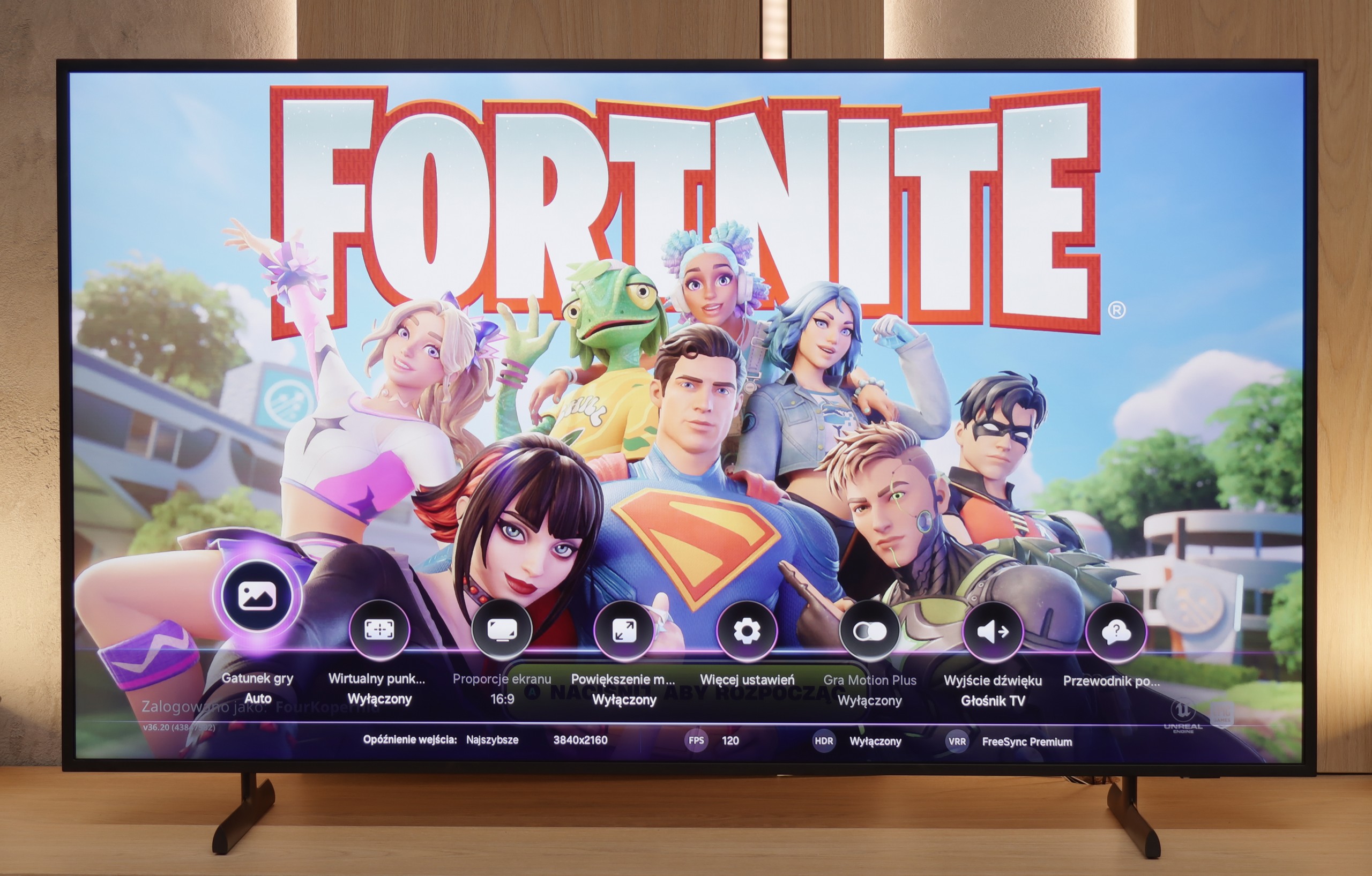
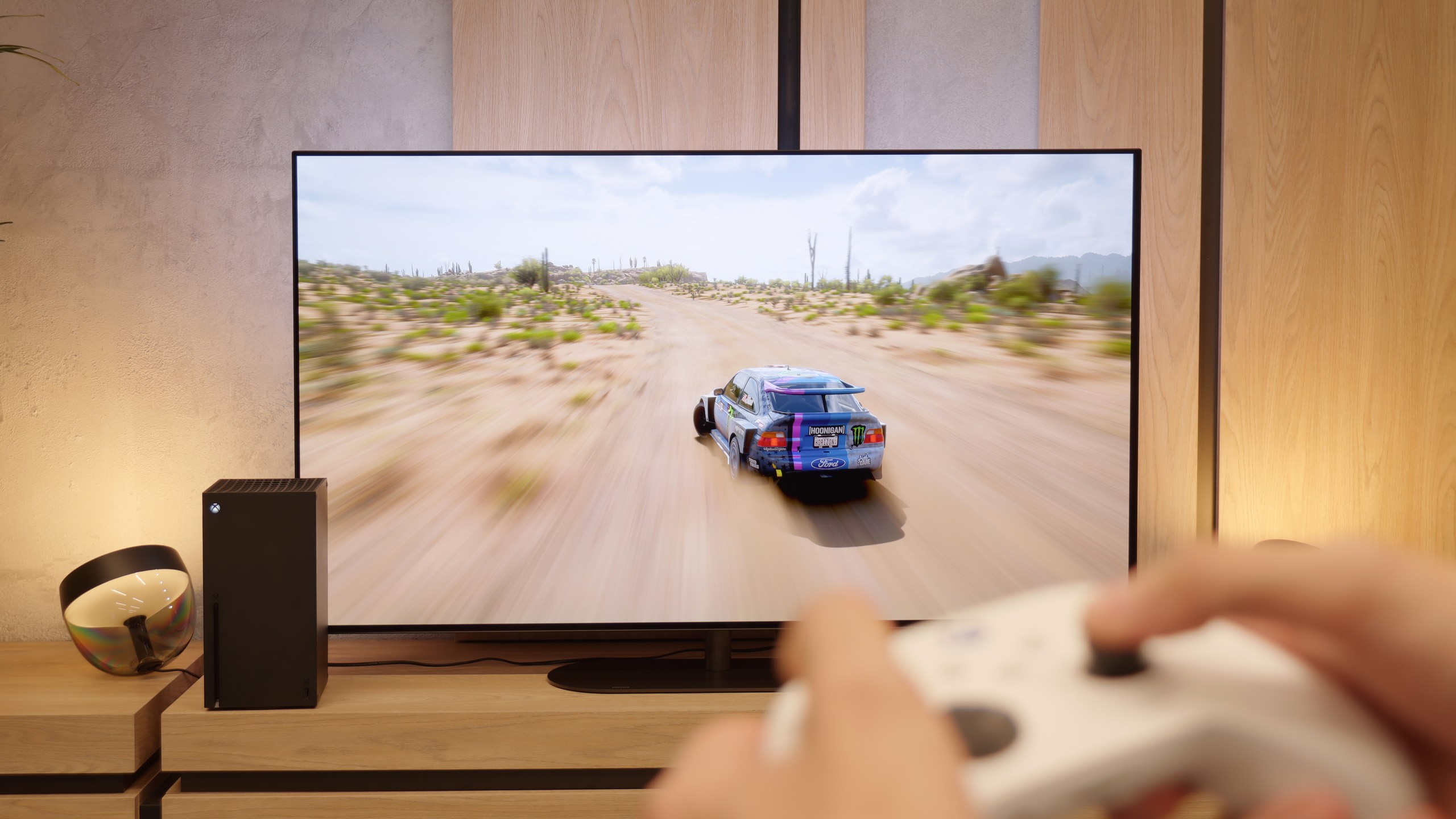
As we mentioned earlier – although The Frame likely displays images and works of art most of the time, Samsung has recognized that a Van Gogh enthusiast can just as easily be an avid gamer. And it must be admitted that The Frame 2025 has almost everything it needs to become a fully-fledged gaming television.
On board, we find support for ALLM (automatic game mode) and variable refresh rate (VRR) thanks to the implementation of one HDMI 2.1 port. The television handles lower resolutions at higher refresh rates without any issues and features an expanded Game Bar – already known from other Samsung models – which allows for quick previewing and changing of the most important gaming-related settings. For this, it earns additional points from us. The proprietary motion smoother Auto Motion Plus Game also deserves special mention, which – and it's worth emphasizing – works without increasing input lag. Samsung remains the only manufacturer that has managed to implement this feature in a practically noticeable way in terms of delays. The result? Much better fluidity in games, especially those that struggle to maintain stable 60 frames. This solution can realistically improve the gaming experience in more demanding titles – especially on consoles that don’t always manage full fluidity, especially in AAA games.
As for the downsides – the lack of Dolby Vision is already considered standard in Samsung televisions, so there's nothing to particularly complain about here. However, the problem is something entirely different. In the latest version of the Tizen system, the HGiG option has disappeared. Literally – it's not there. This is a significant setback when configuring a console for proper HDR content display in games. It’s hard to understand why such a decision was made, but one thing is certain – this should be fixed as soon as possible. We are talking about a brand that has set standards for gaming on televisions for years. If HGiG comes back – and we hope that it will – The Frame LS03F can confidently aspire to be a true gaming television. Not just as a decoration on the wall, but as equipment that really provides joy in gaming.
Philips OLED820 is one of the most complete televisions for gamers. It practically has everything you could expect: two HDMI 2.1 ports with full bandwidth of 48 Gbps (too bad there aren't four), variable refresh rate VRR, automatic game mode ALLM, support for Dolby Vision in games, and a good implementation of the HGiG mode. The television also handles lower resolutions at 120 Hz without any issues, so you can count on great flexibility when choosing different picture modes on the console. Philips also adds Game Bar – a panel that allows you to change picture modes, add a crosshair, or view parameters. Although it looks quite clunky and is less polished than that of the competition, it serves its purpose. In practice, therefore, the OLED820, besides having a full set of four HDMI 2.1 ports, offers almost everything a gamer might need.
Input lag
10/10
10/10
SDR
HDR
Dolby Vision
In terms of input lag, Samsung maintains a high standard – and it's a very high one. The LS03F, like most of this year's models from this brand, achieves a score of 8 ms for 4K content, which is almost a reference value. This result allows you to play even the most dynamic titles without delays and with full responsiveness. Well done!
The input lag in the Philips OLED820 is truly at a reference level. The measurement showed values below 5 ms, which places it at the very top of the TVs available on the market. Even the Dolby Vision mode does not cause problems in this regard, which is quite a rare phenomenon. In practice, this means lightning-fast responses to every movement, no noticeable delays, and full comfort in dynamic games. In short, outstanding results that will please even the most demanding gamers.
Compatibility with PC
8.2/10
6.5/10
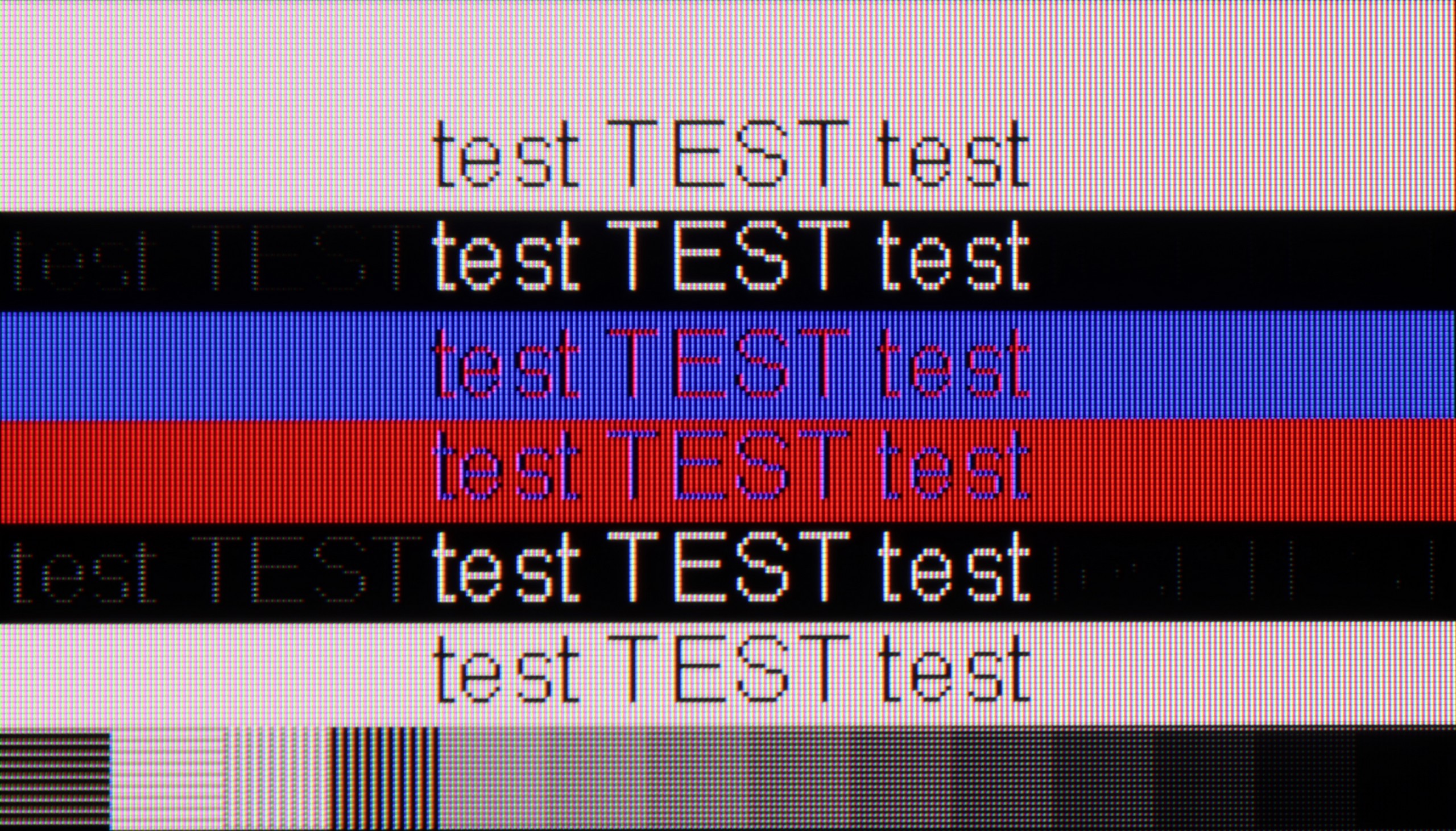
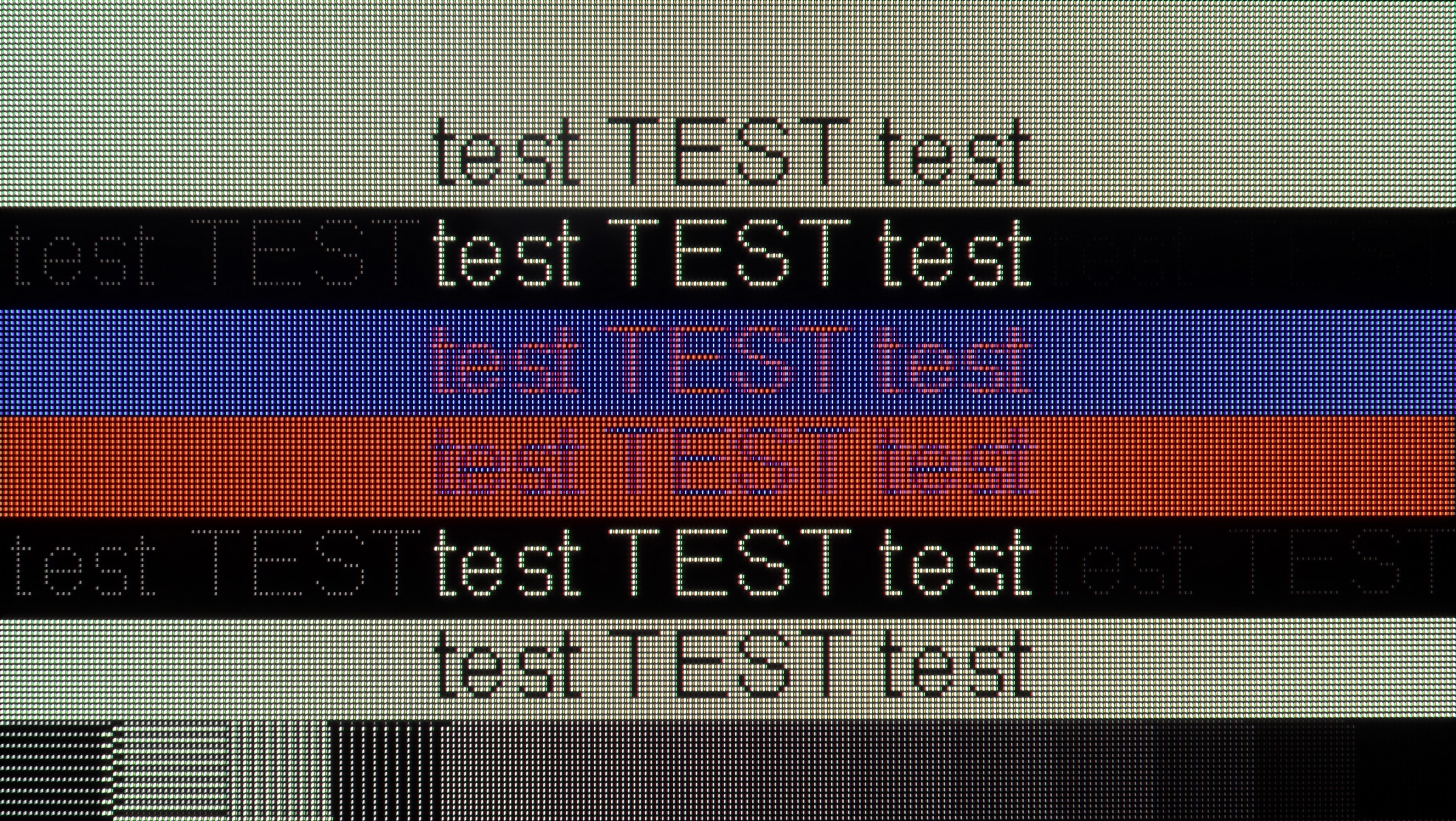
The collaboration of The Frame 2025 with a computer poses no major issues. Let's start with gaming, as this is where this model shows its strengths – support for a 144 Hz signal, low input lag, and compatibility with G-Sync technology (for NVIDIA cards) make it hard not to consider it a fully-fledged gaming monitor. It is one of the more interesting "PC gaming" TVs available on the market in this class.
When it comes to daily work, the situation looks just as good. The Frame easily handles chroma 4:4:4, which translates to good font readability and overall user comfort. We only noticed minor issues with dimming very thin lines and dark details on a bright background – this effect may occur particularly when working with small interface elements. However, in practice, with a 55-inch screen and standard office working distance, it will be difficult to notice this problem realistically. Nonetheless, it's worth keeping this in mind if the television is to serve as a monitor not only for entertainment but also for precise work with graphics or text.
Collaboration with a PC for the Philips OLED820 varies depending on the application. For gaming, it performs exceptionally well: a high refresh rate of 144 Hz combined with G-Sync support provides smoothness and responsiveness that other televisions would envy. The situation is less favorable when it comes to text work. The lack of proper implementation of chroma 4:4:4 causes fonts on colored backgrounds to be slightly blurred, which significantly lowers work comfort. Therefore, it's hard to recommend the OLED820 as a screen for office work with text or numbers. It's a pity that the manufacturer didn't learn from last year's models and this flaw continues to persist.
Viewing angles
3.5/10
7.6/10
As one could expect from a VA panel, the viewing angles on The Frame 2025 are at best average. The image loses saturation and contrast when viewed off-angle. It’s a pity, because we are talking about a model that displays digital artworks while in standby mode—and it is precisely in such moments that wide viewing angles would make the most sense, enhancing the feeling of being in the presence of a real image, rather than just its screen imitation.
Perhaps in the future, manufacturers will decide to introduce special coatings or modified versions of VA panels that will improve this aspect—because in the case of lifestyle televisions, it would have real significance not only in terms of usability but also aesthetics.
The viewing angles on the Philips OLED820 are another advantage that should delight you. OLEDs have always been characterized by nearly perfect angles, so no matter where we look from, the image remains clear and readable. Indeed, the classic WOLED matrix does not match technologies like MLA OLED or QD-OLED, but it's still hard to criticize anything here. The angles are simply excellent.
TV efficiency during daytime
6.3/10
5.7/10
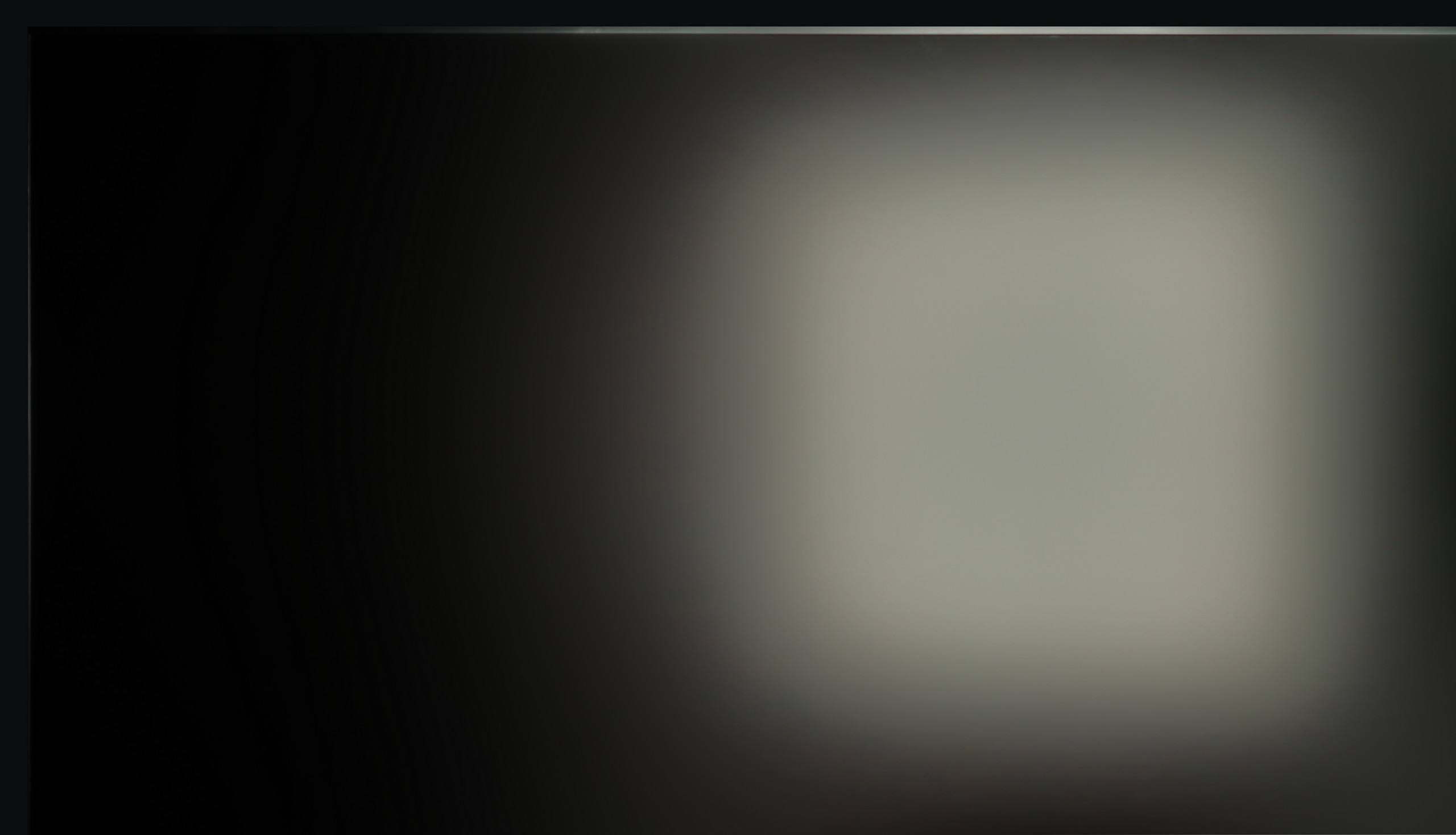
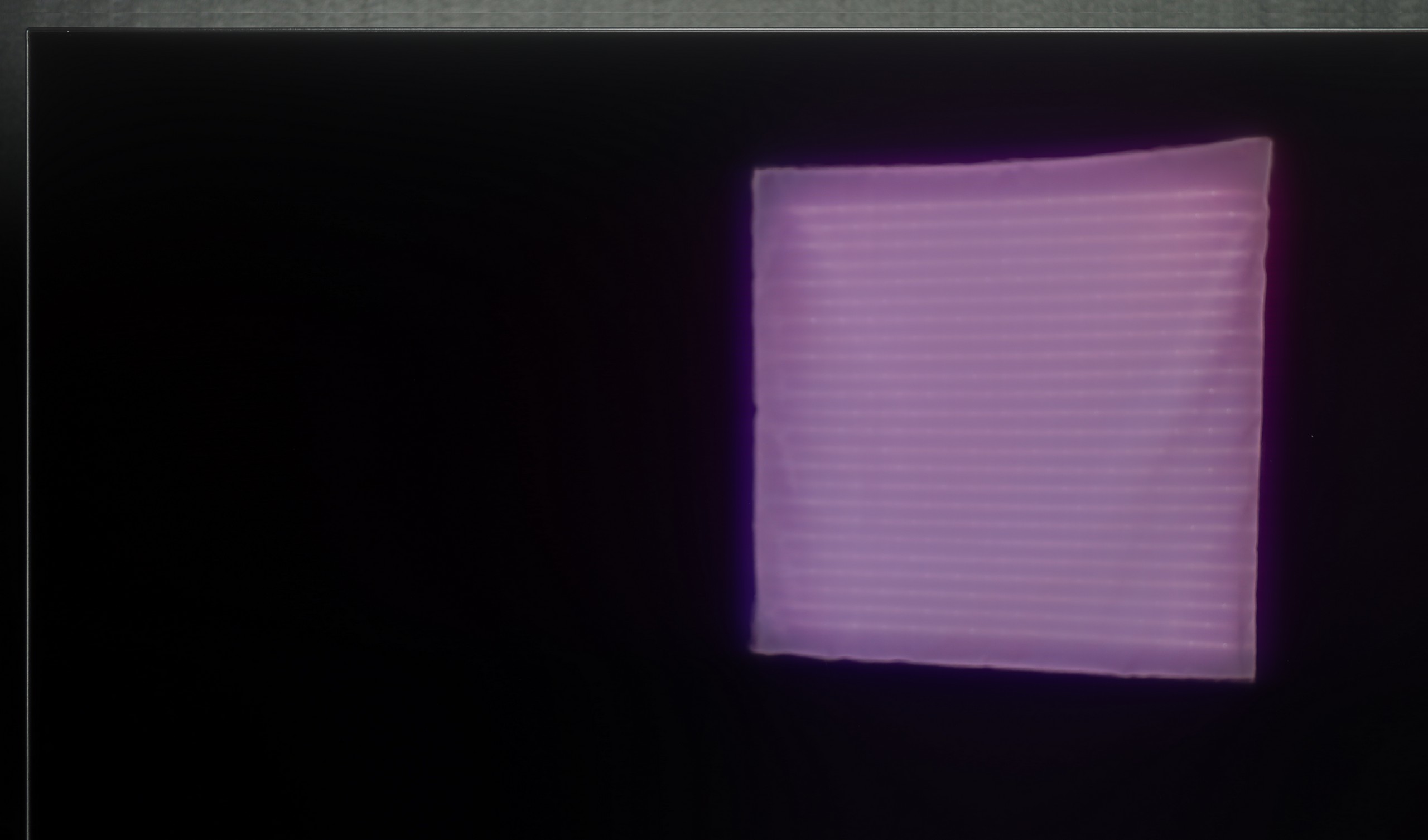

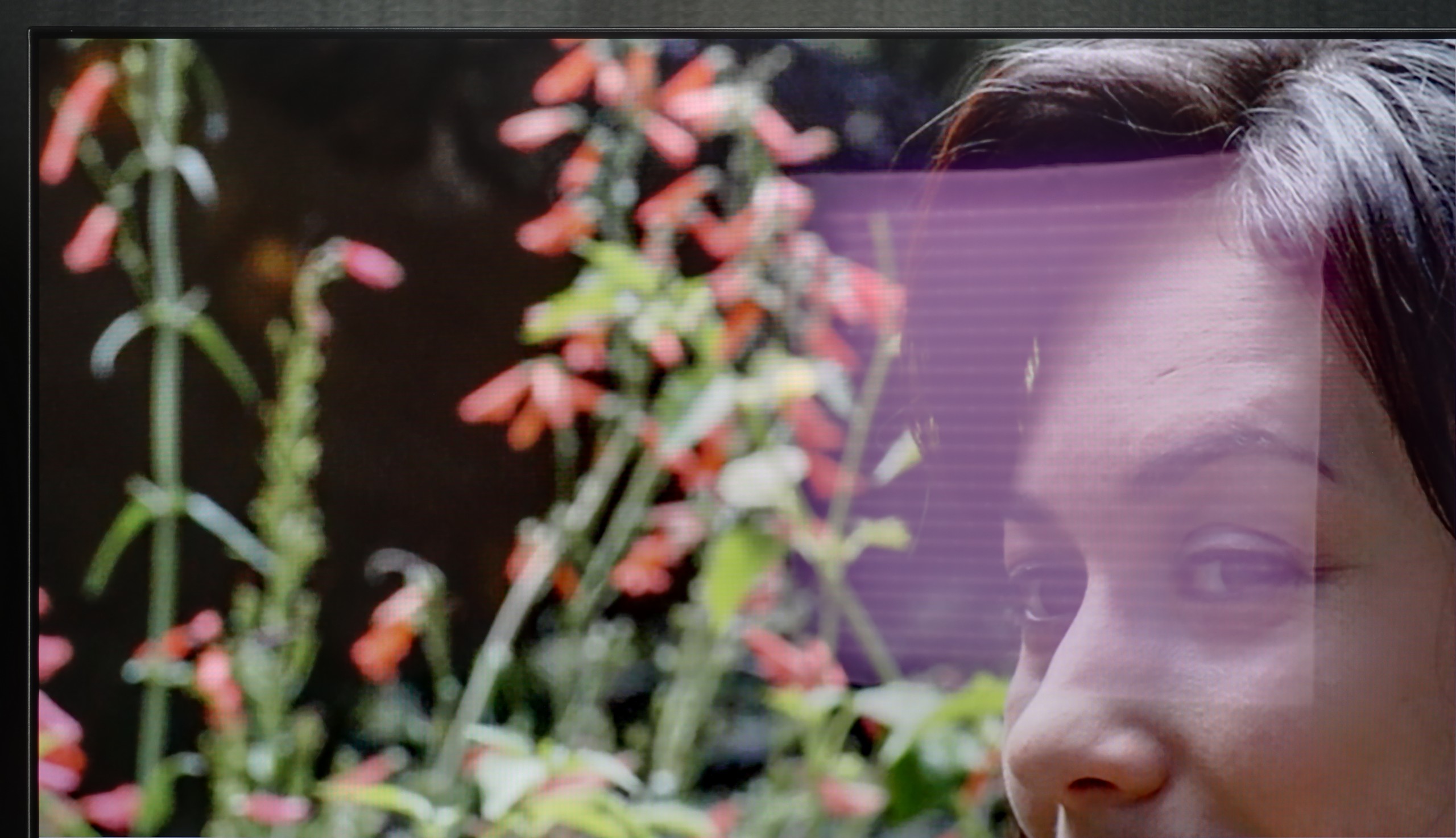
Matrix brightness
Average luminance SDR
Philips OLED820: 345 cd/m2
Samsung The Frame 2025 (LS03F): 596 cd/m2
One of the most characteristic features of The Frame is its matte display – and it must be admitted that Samsung has really refined this aspect. From our experience, this is one of the best solutions for reducing reflections, especially direct ones. If reflections on the screen can be irritating, it will be hard to find a better display in this budget than the matte panel used in Samsung TVs. Of course, this comes with a certain compromise. In very strong sunlight, colors may appear slightly washed out, and the image loses some depth. However, this is something we consciously accept when choosing a matte screen – something for something. In practice, the colors and contrast on Samsung's matte screen still perform better than on Chinese models like TCL NXT Vision or Hisense Canvas TV. If effectively reducing reflections and the desire to use the TV also as a 'digital picture' in bright rooms are priorities, it’s hard to find a better choice.
The Frame achieves about 600 nits of brightness, which, combined with the matte coating, allows the TV to handle well-lit daytime conditions without any issues. It may not reach the level of flagship models, but in everyday use – in a living room with plenty of light – it performs seamlessly.
Details about the matrix
Subpixel Structure:
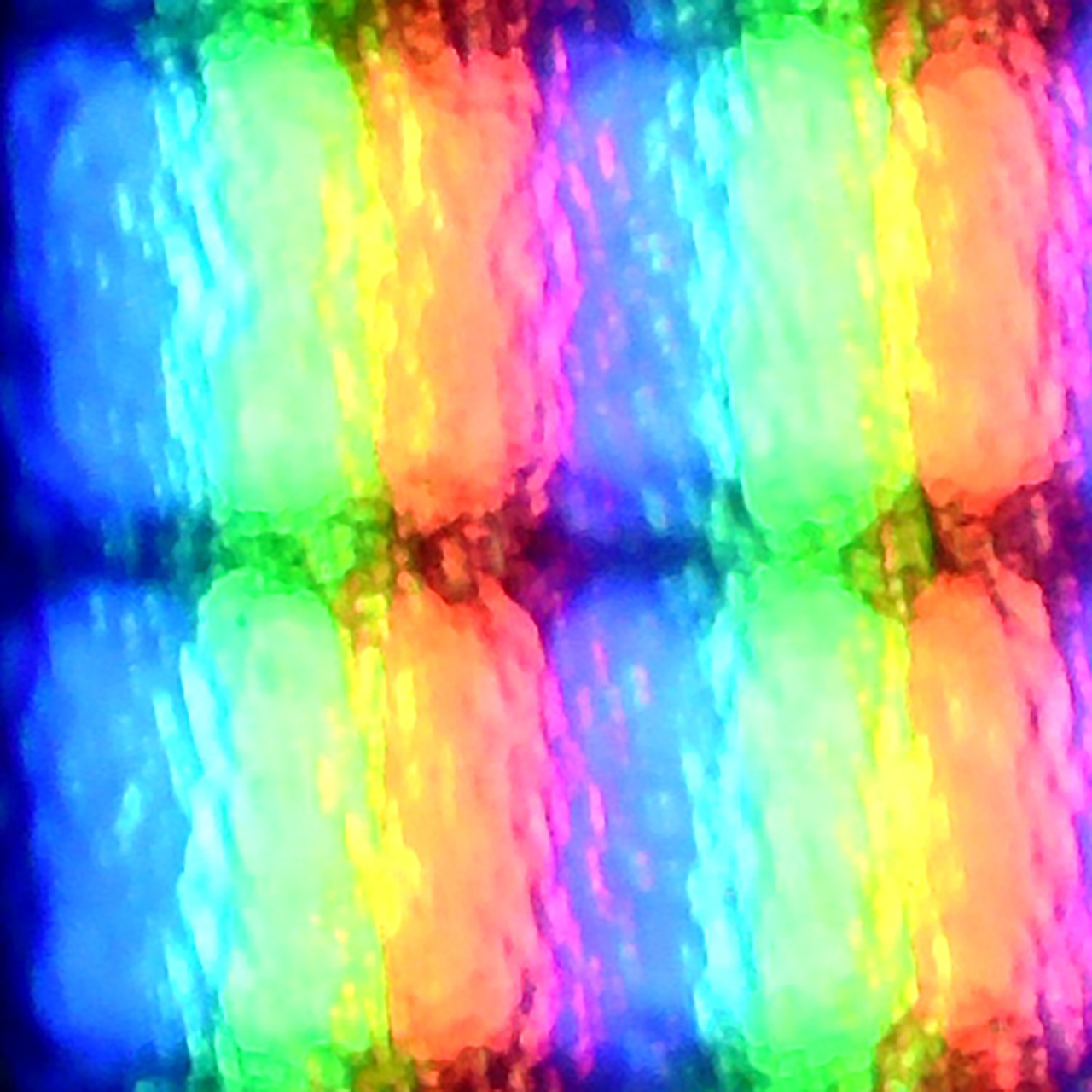
Panel uniformity and thermal imaging:
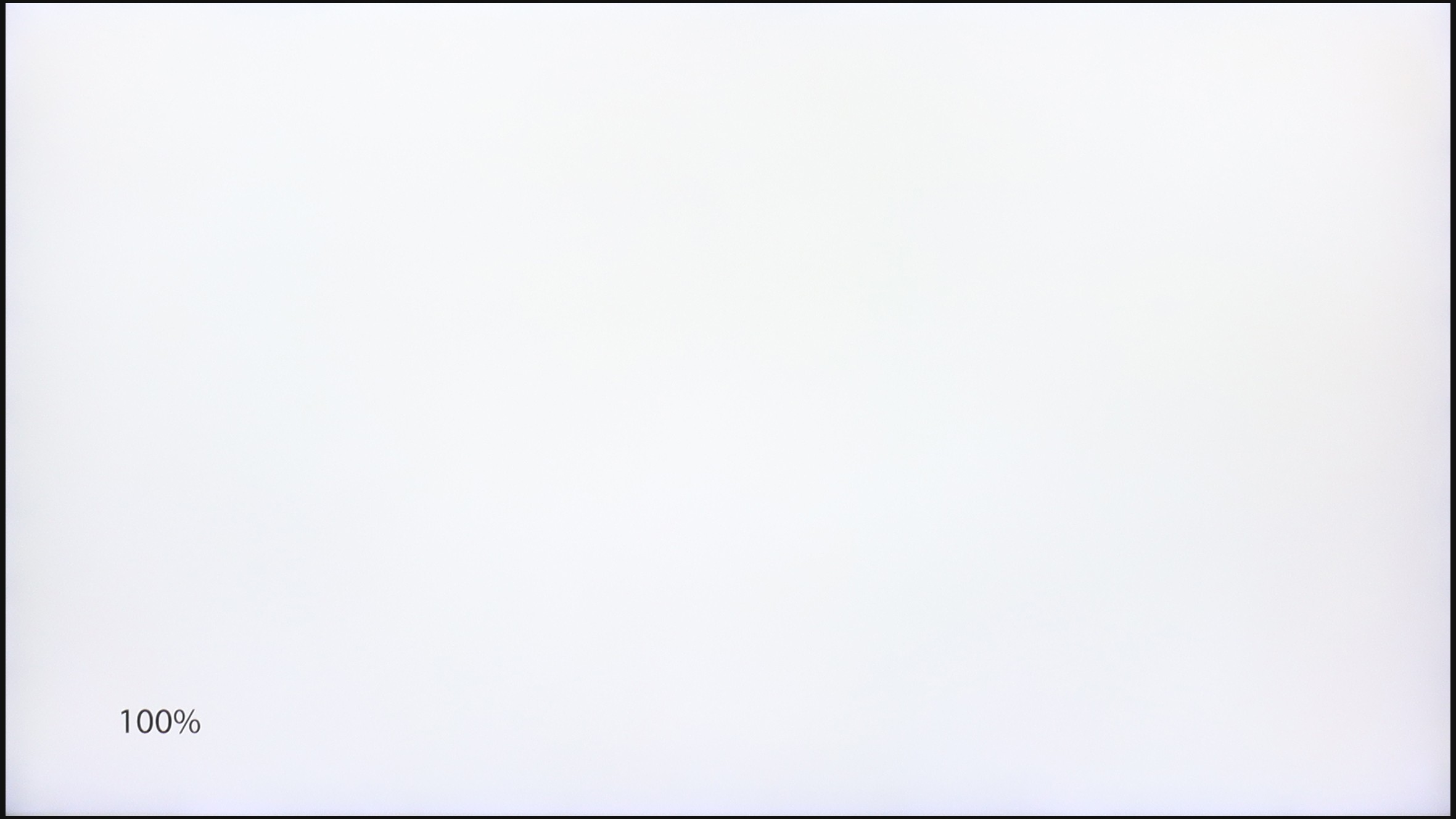

TV features
7.2/10
6.8/10
- HDMI inputs3 x HDMI 2.0, 1 x HDMI 2.1 40Gbps2 x HDMI 2.0, 2 x HDMI 2.1 48Gbps
- OutputsToslink (Optical audio), eARC (HDMI), ARC (HDMI)Toslink (Optical audio), eARC (HDMI), ARC (HDMI), Mini-Jack (Headphones)
- Network InterfacesWi-Fi 2.4GHz, Wi-Fi 5GHzWi-Fi 2.4GHz, Wi-Fi 5GHz, Ethernet (LAN) 100Mbps
- TV receptionDVB-T, DVB-T2, DVB-S, DVB-S2, DVB-CDVB-T, DVB-T2, DVB-S, DVB-S2, DVB-C
Classic features:
- Recording to USB (terrestrial TV)
- Recording programming
- Picture in Picture (PiP)
- RF remote control (no need to aim at the screen)
- Backlit remote control
- Teletext
- Audio only mode
- Bluetooth headphones support
- Simultaneous Bluetooth headphones & TV audio
Smart features:
- AirPlay
- Screen mirroring (Windows Miracast)
- Voice search
- Voice search in native language
- Ability to connect a keyboard and mouse
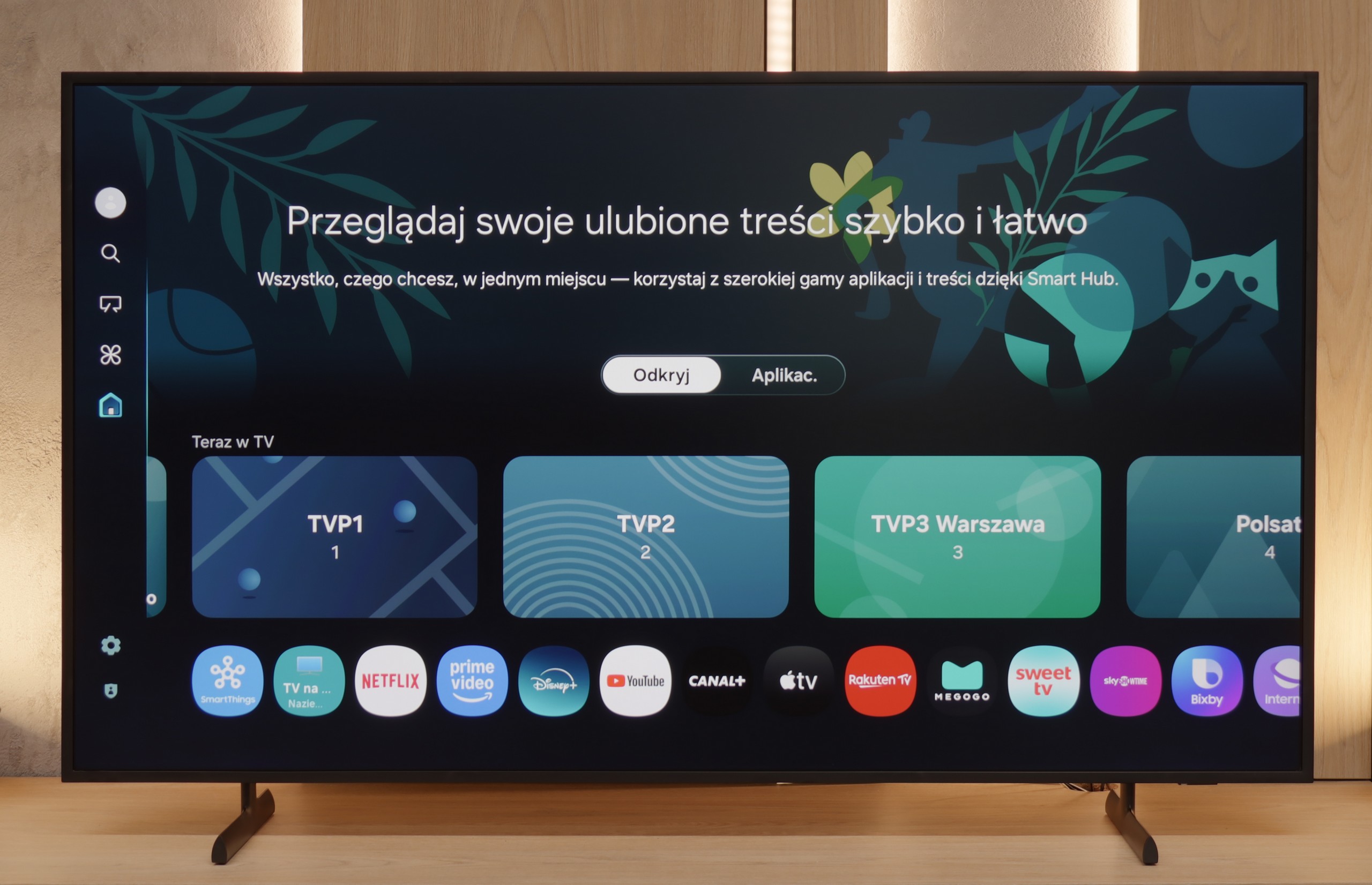
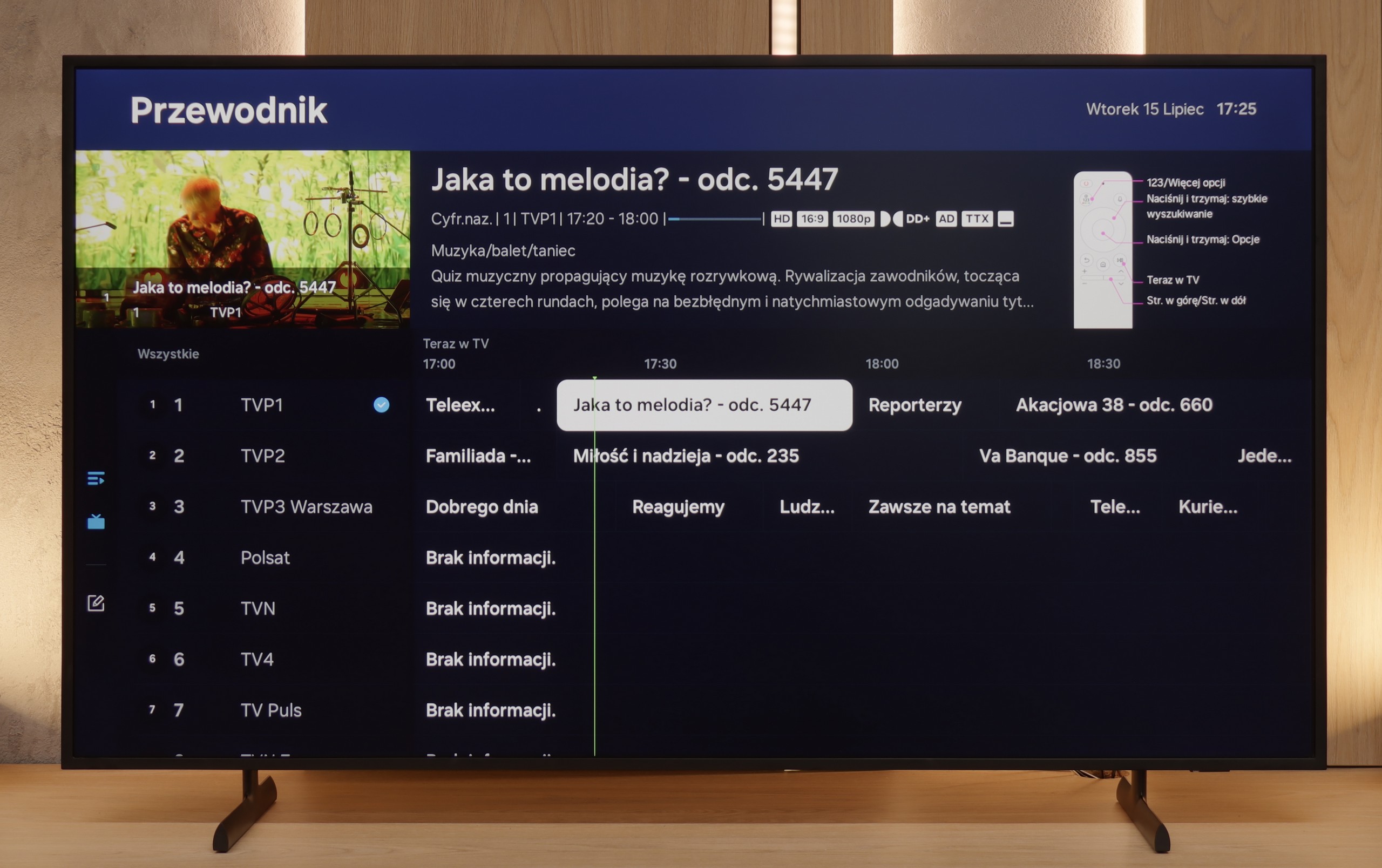
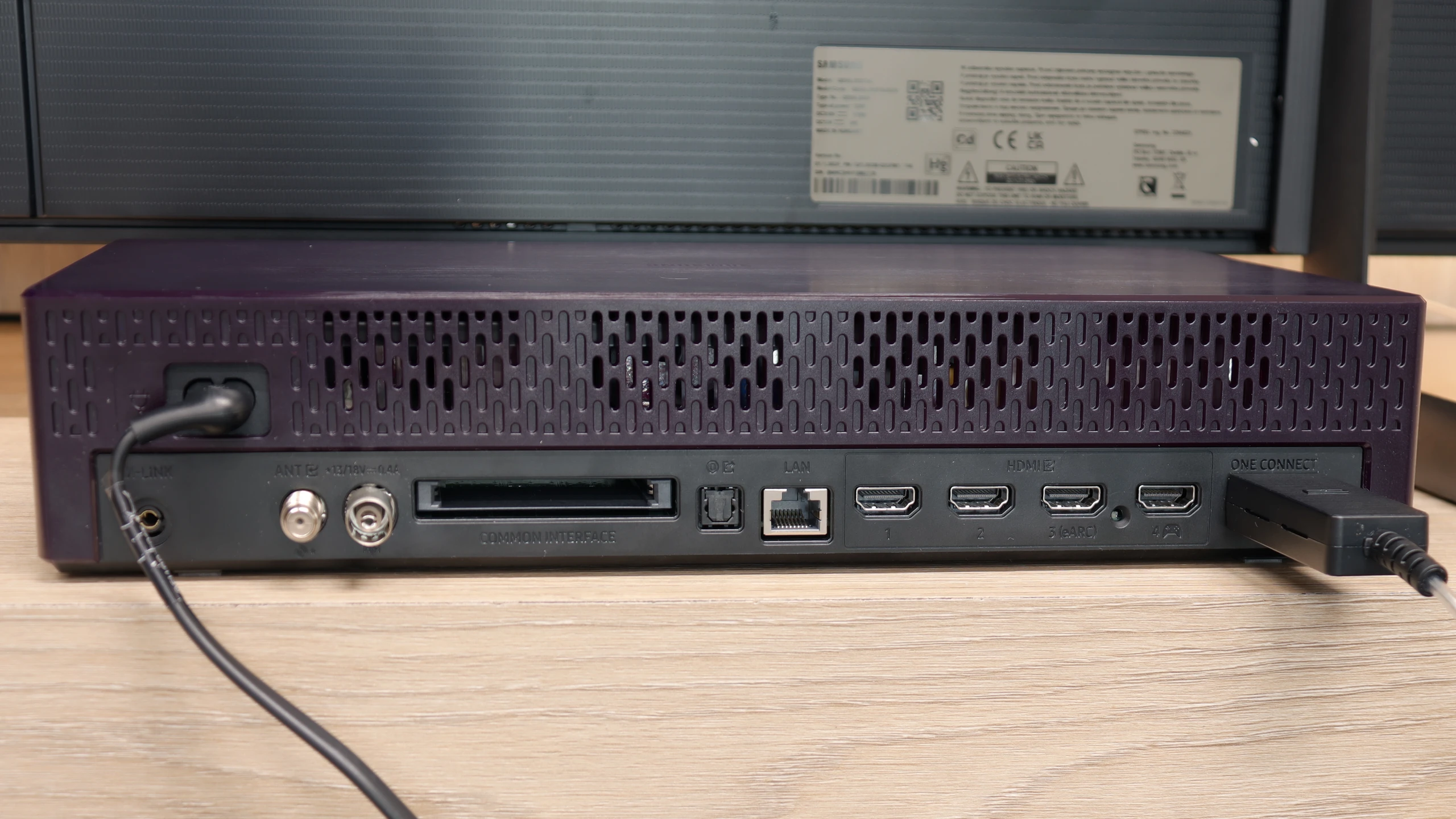
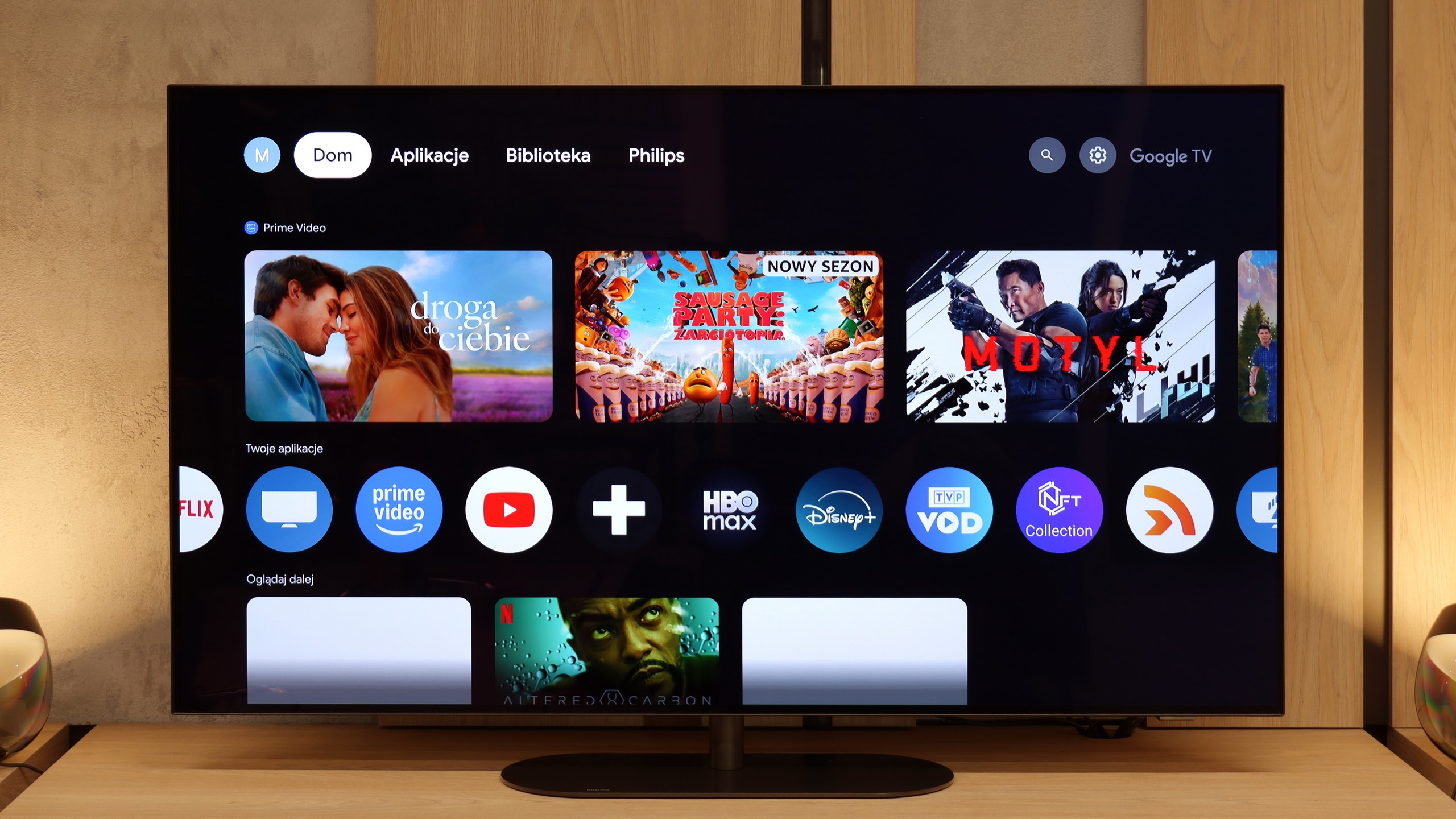
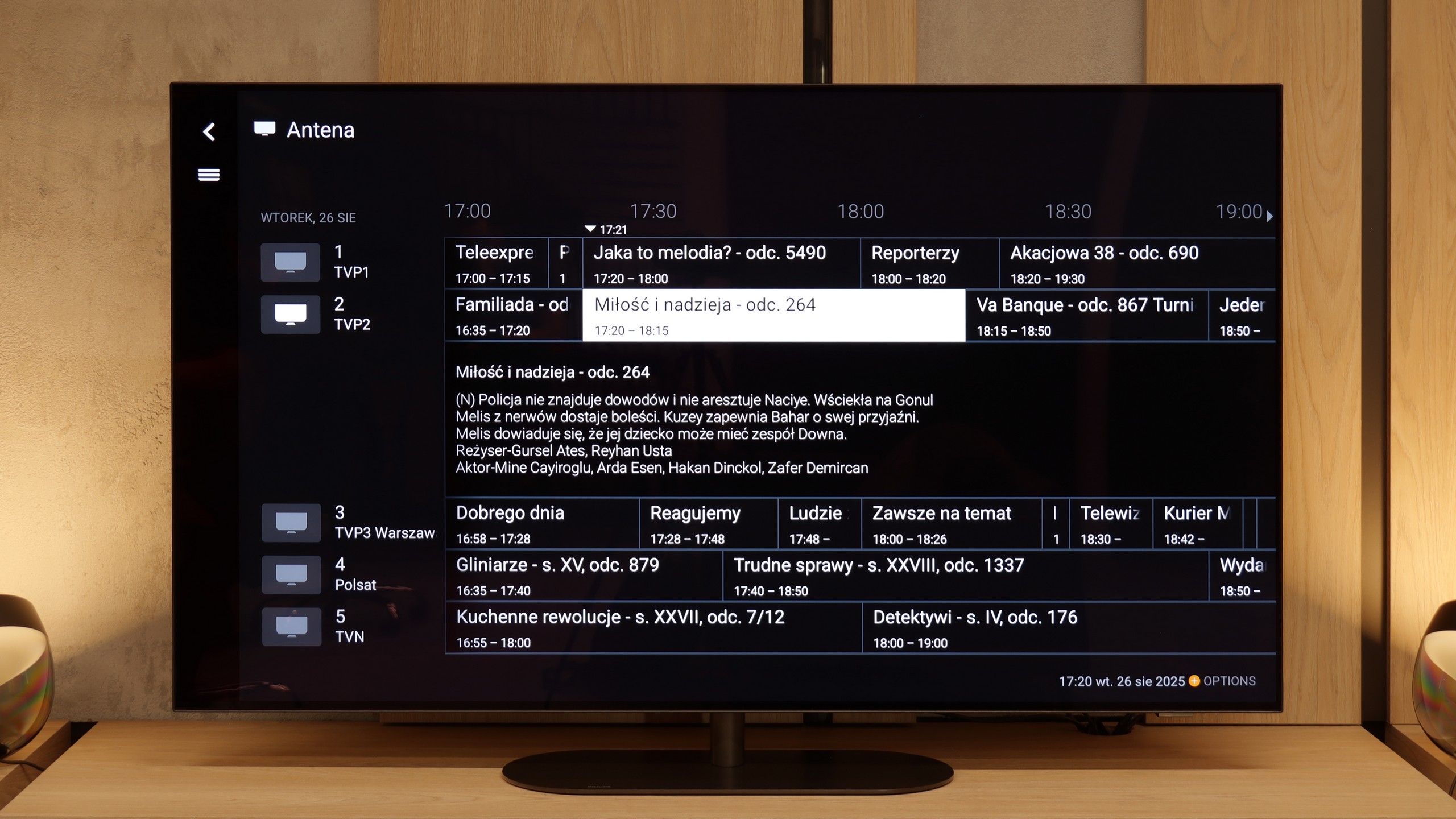
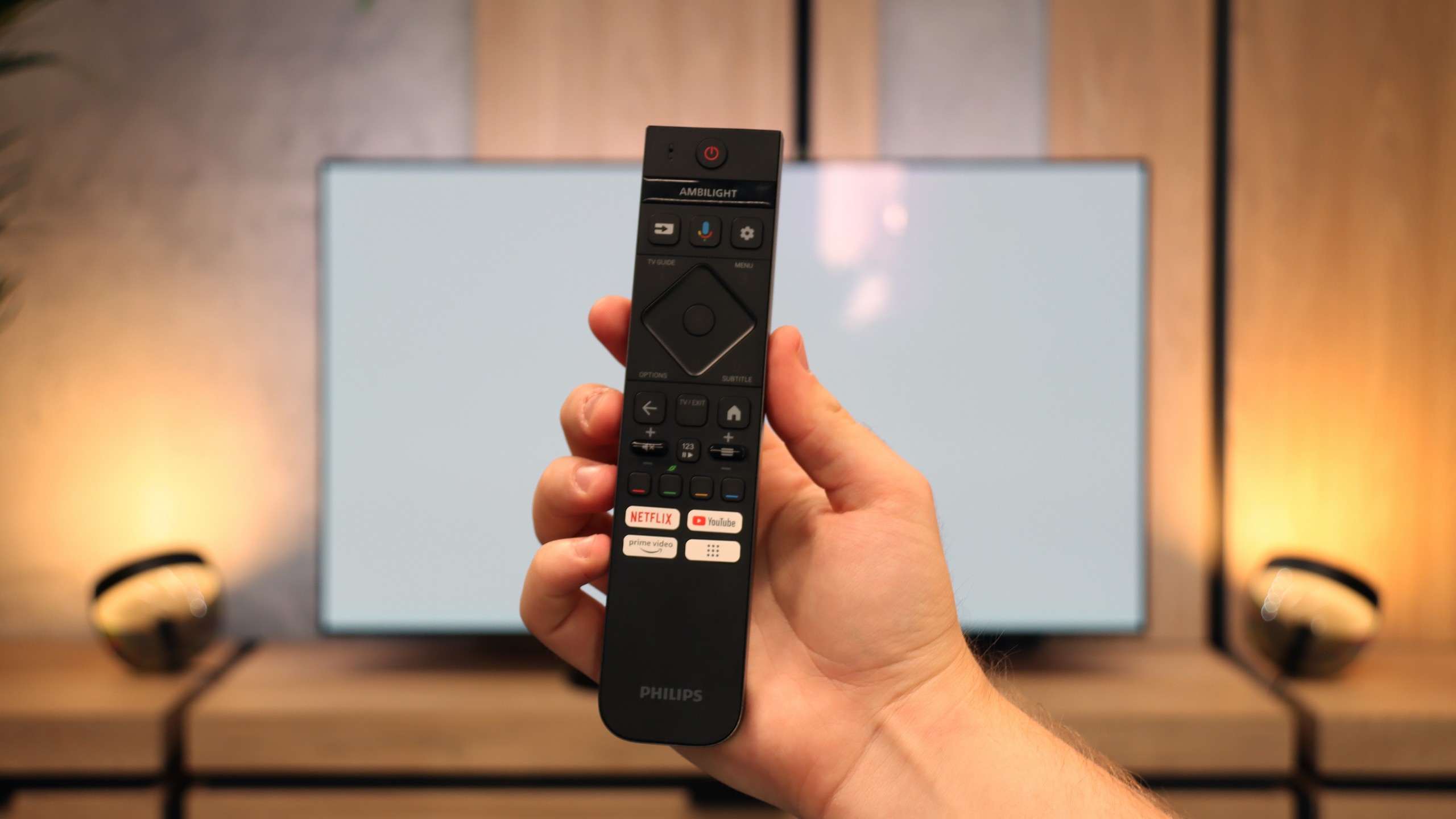
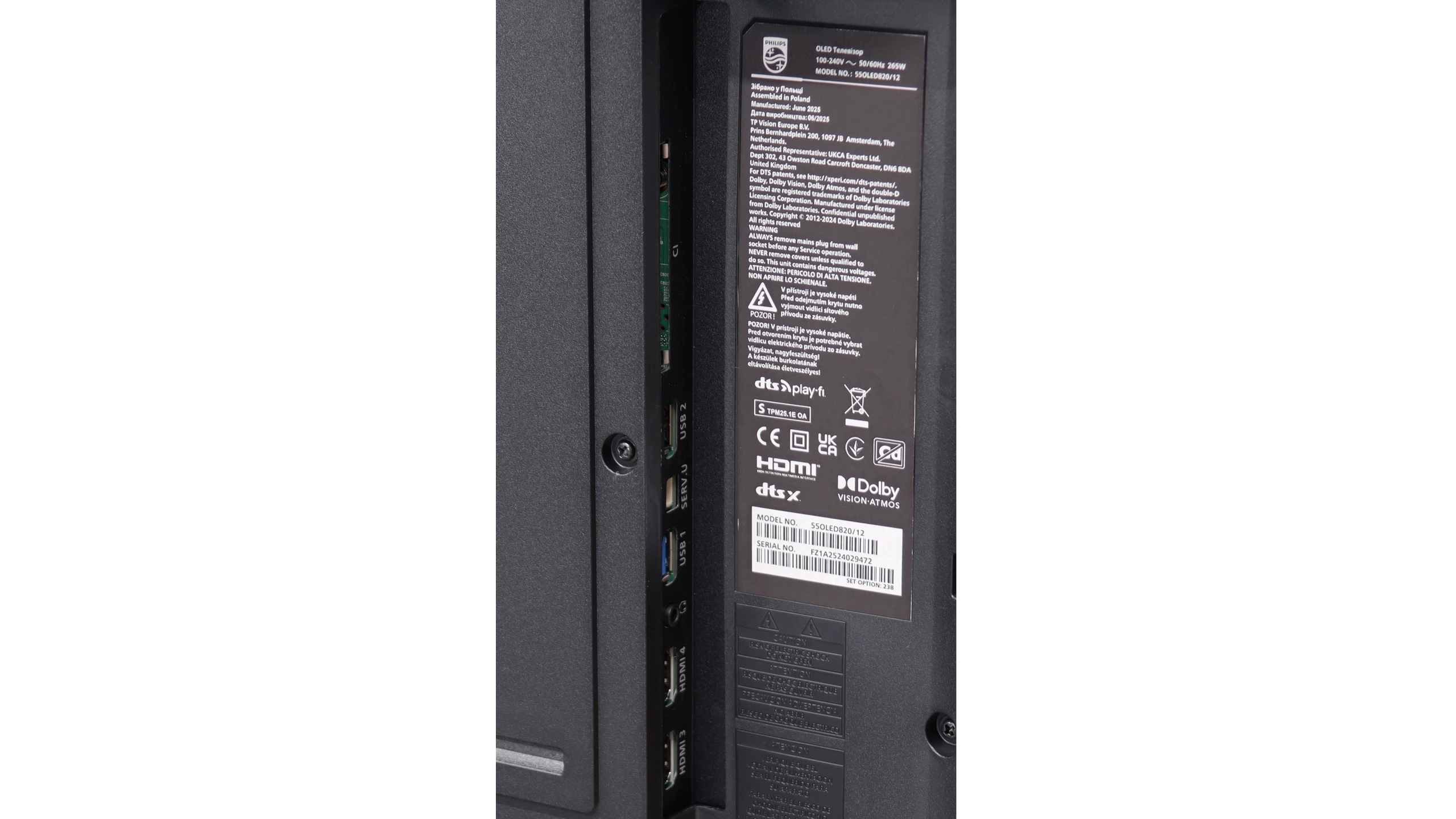
Classic TV Features
In terms of classic features, The Frame does not stand out in any way compared to the competition. There is no USB recording option or PiP (picture in picture) feature, which may be disappointing for some users. On the other hand, the TV allows for simultaneous use of speakers and headphones, which can be useful – especially for older users. The EPG, or electronic program guide, is quite readable, and despite the lack of traditional buttons on the remote, we managed to launch even the teletext. In everyday use, the basic functions work smoothly and without significant complaints.
Smart System – Tizen and Apps
The Frame 2025 runs on the Tizen operating system, which has been considered one of the most refined Smart TV solutions on the market for years. It is a system designed for devices that are more than just a television – and it was created with that spirit in mind. Tizen offers full integration with external devices – supporting both Apple AirPlay and Miracast. With the SmartThings app, it is possible to control not only the television but also other devices within the smart home. Since last year, Samsung has also been developing its own voice assistant with support for the Polish language, which significantly facilitates operation. However, the greatest strength of the Smart system in The Frame remains the Art Gallery app. Although access to it is paid (via subscription), it offers the best art scans on the market – we are talking about scans, not just ordinary photos. As a result, the effect of a digital artwork hanging on the wall looks much better than in any other lifestyle TV.
GoogleTV on OLED820
Philips OLED820 runs on the Google TV system, which immediately places it among the televisions that truly offer freedom of use. It's a fantastic platform that needs no introduction – you'll find almost an endless number of apps, from popular VOD services to niche programs or games. Google TV also allows you to customize the home screen, tailoring content to your preferences, so the television actually "learns" your viewing style. A huge plus is also Google's voice assistant – quick, natural, and effective. It can understand even less obvious questions, and in practice, it works significantly better than many competitors. Unfortunately, there was a hiccup – the screen mirroring function simply didn’t work during testing. This can be considered a minor issue, but in 2025, things like this just shouldn't happen.
Classic Features of OLED820
When it comes to classic additions, the OLED820 doesn't strive for conservative notes. On one hand, we get a backlit remote control with a numeric keypad that is quite well organized and comfortable to use. On the other hand, you have to aim it at the screen because it operates on infrared, which is more reminiscent of equipment from a decade ago than a modern television. It also lacks a few features that are often found in competitors – there's no USB recording from tuners or a PiP mode. A nice touch among classic solutions is the mini jack analog input for headphones. This is a rarity today, and it can prove useful – whether for a senior with an additional headphone station or for someone who would like to connect older speakers.
AmbilightTV OLED820
You also can't overlook Ambilight, a feature that is a hallmark of Philips. This solution impacts not only the television's appearance but also the reception of content. The lighting system can be set in various ways, from a multicolored mode that dynamically follows the image to calmer, static backlighting. We definitely recommend the latter option because the gentle light behind the screen makes the viewed content combined with the OLED matrix look even deeper and more engaging. It's a simple yet very effective addition that has given Philips televisions character for years.
Playing files from USB
9.1/10
9.5/10
Supported photo formats:
Maximum photo resolution:
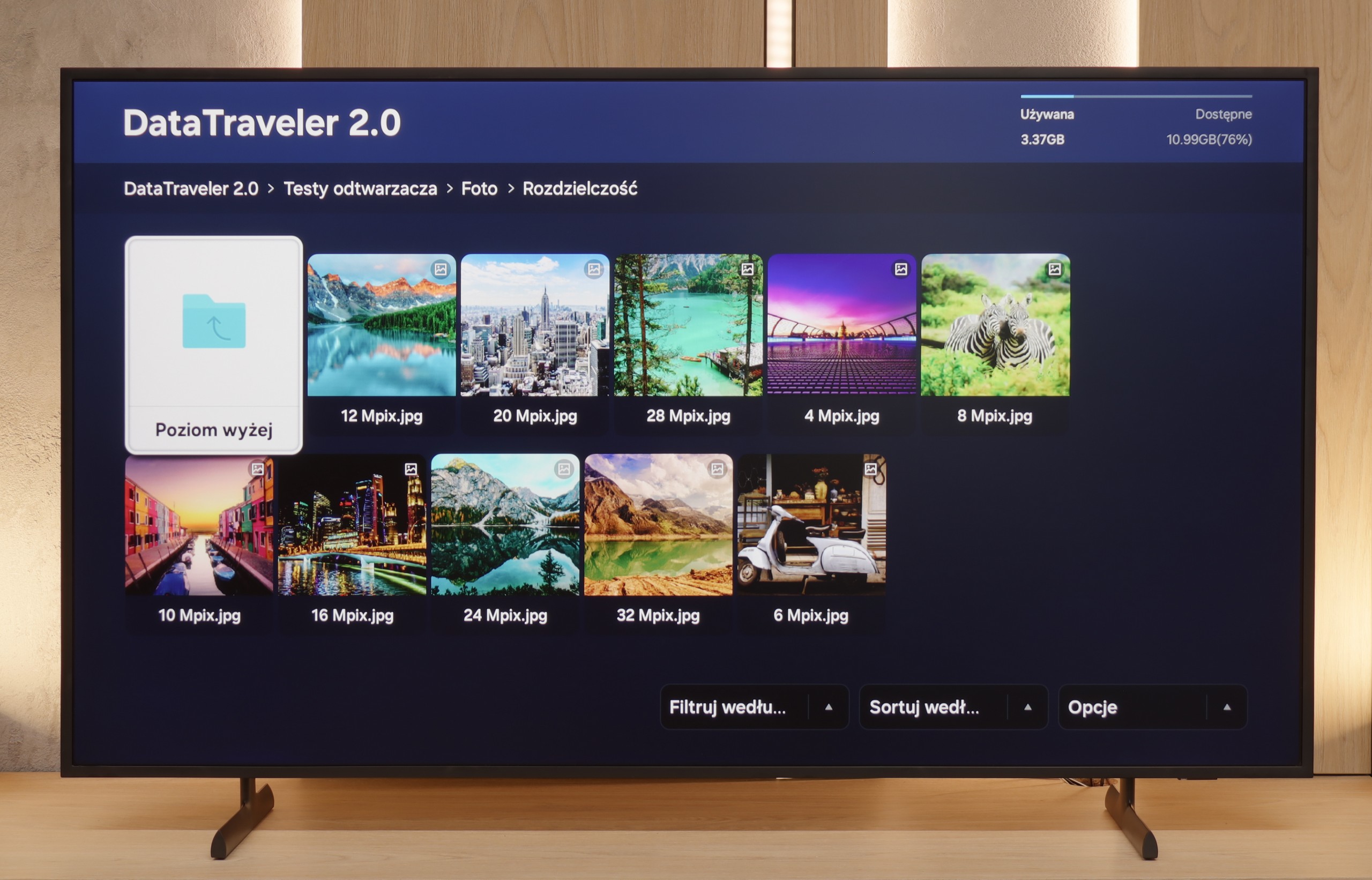
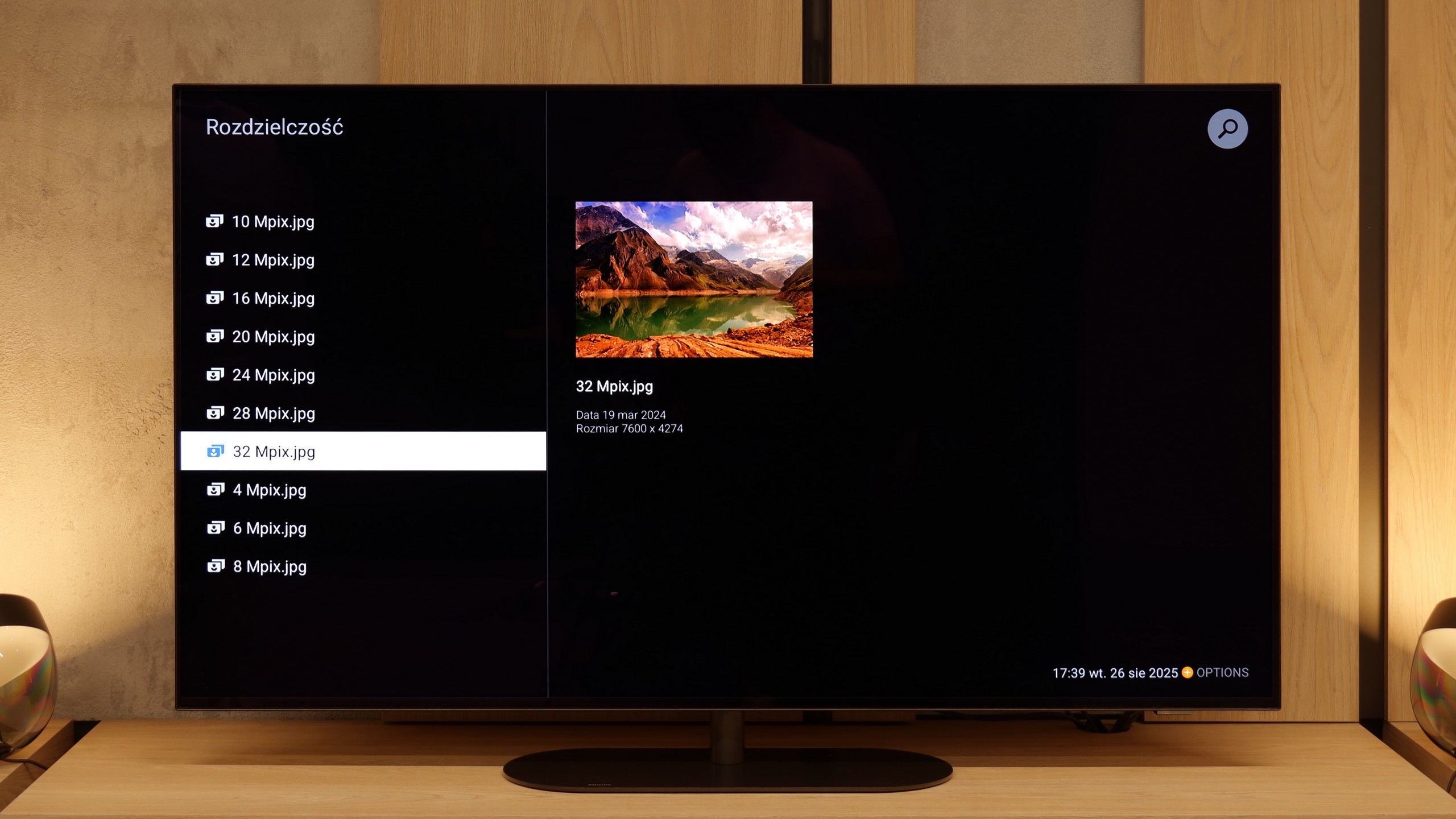
During testing, we did not notice any major problems with playing files from a USB memory. The TV handled both video materials and photos well. Of course, there are some exceptions – for example, lack of support for the HEIC format (used by Apple devices) – but it’s hard to consider this surprising. On the plus side, there is full support for high-resolution photos – the TV displays files with a high number of megapixels without any issues, which may be particularly important for those who want to treat The Frame as a digital frame as well. However, during testing, we noticed a limitation regarding subtitles – the TV only properly handled files in the .txt format. It's worth keeping this in mind and ensuring that the downloaded subtitles for movies are saved in this format, otherwise they may simply not display.
The Philips OLED820 has a built-in file player with USB, which at first glance looks quite clunky, but in practice, it works surprisingly well. One could even say that it is one of the best built-in players available in televisions. It handles virtually every type of file: photos, videos, or music, with minor exceptions, most of which are also not supported by the competition. And if someone still feels something is missing, there is always the option to install the VLC app from the Google Play library and the problem disappears.
Apps
8.7/10
9.6/10














































Sound
6/10
7.7/10
- Maximum volume-81dB
- Dolby Digital Plus 7.1
- Dolby True HD 7.1
- Dolby Atmos in Dolby Digital Plus (JOC)
- Dolby Atmos in Dolby True HD
- DTS:X in DTS-HD MA
- DTS-HD Master Audio
For such a slim TV, the sound is quite good. It's full, sufficient for everyday viewing, but without much excitement – typical for flat designs. There's not much bass, although at times it can be heard. The speakers in a 2.0.2 configuration have a total power of 40 W (in the 55+ inch version). Unfortunately, the TV does not support DTS format, so when watching films with that audio, external equipment, such as a home theater system, must be used. You can connect a soundbar, and thanks to the Q-Symphony feature, the TV plays along with it. Samsung also offers visually matching models to The Frame like S700D or S800D, but they are sold separately. (This shouldn't surprise anyone😉).
The Philips OLED 820 features a built-in 4.1 speaker system with a total power of 70 W. At the back of the chassis, there is a subwoofer that provides quite solid and deep bass. The classic speakers responsible for the rest of the range are located at the bottom of the television, which means that the sound does not always propagate as we would like. However, the overall sound quality can be considered acceptable – series, television programs, or occasional music listening perform well, with slight bass support. This should be sufficient for daily use, although we still recommend purchasing even an inexpensive soundbar, which will significantly enhance the user experience.
Acoustic Measurements
No acoustic data
81dBC (Max)
75dBC


